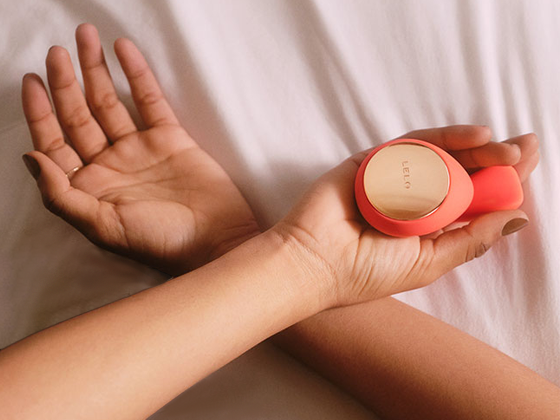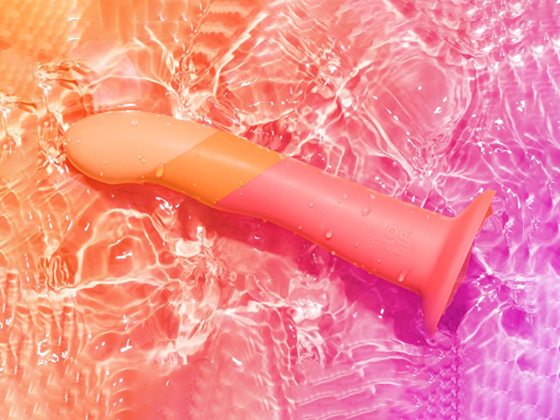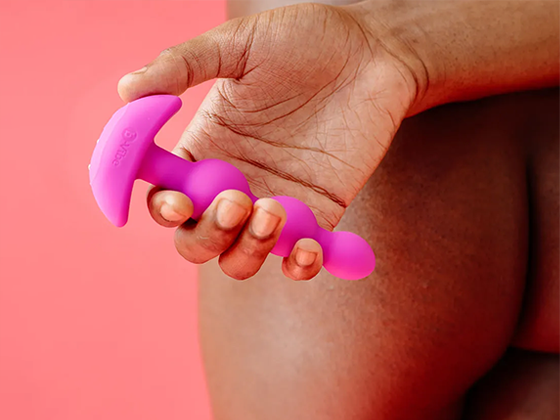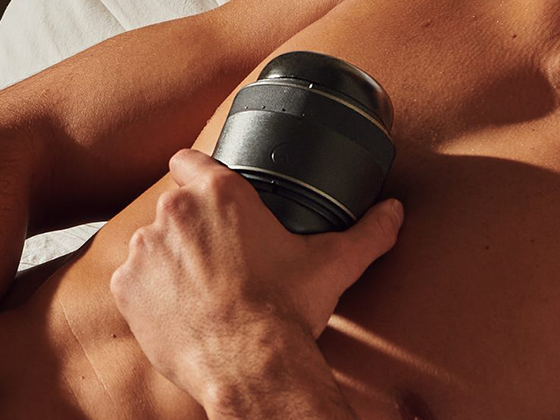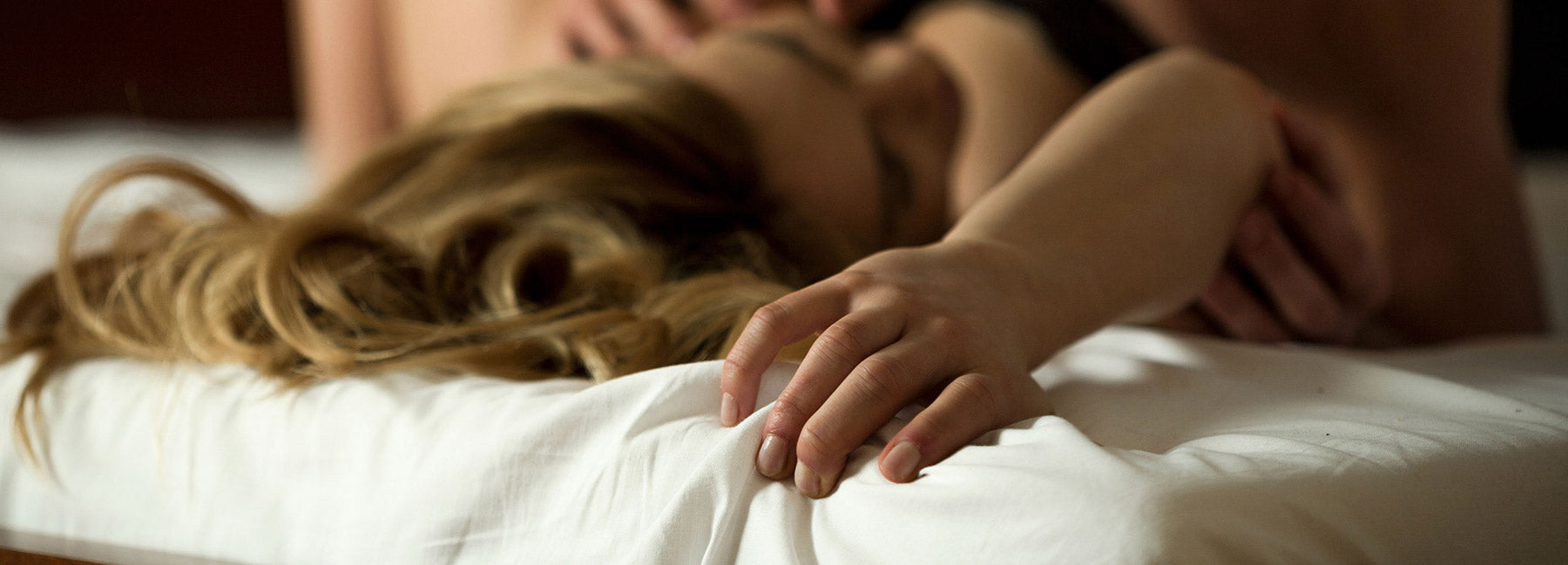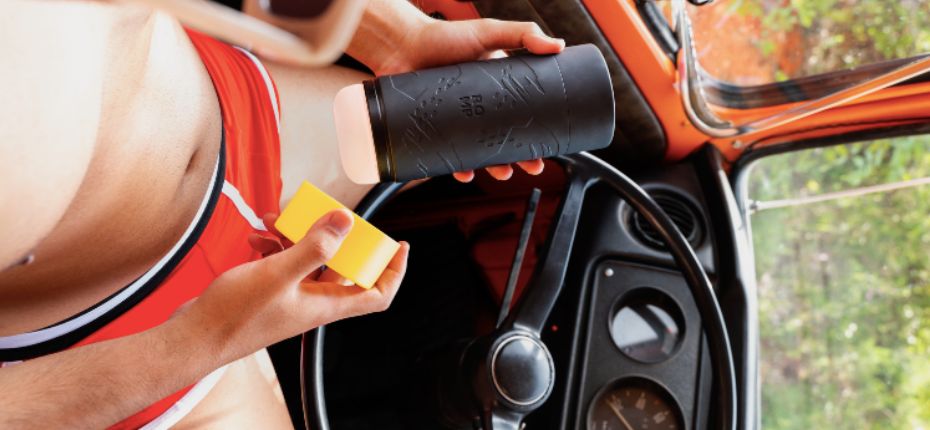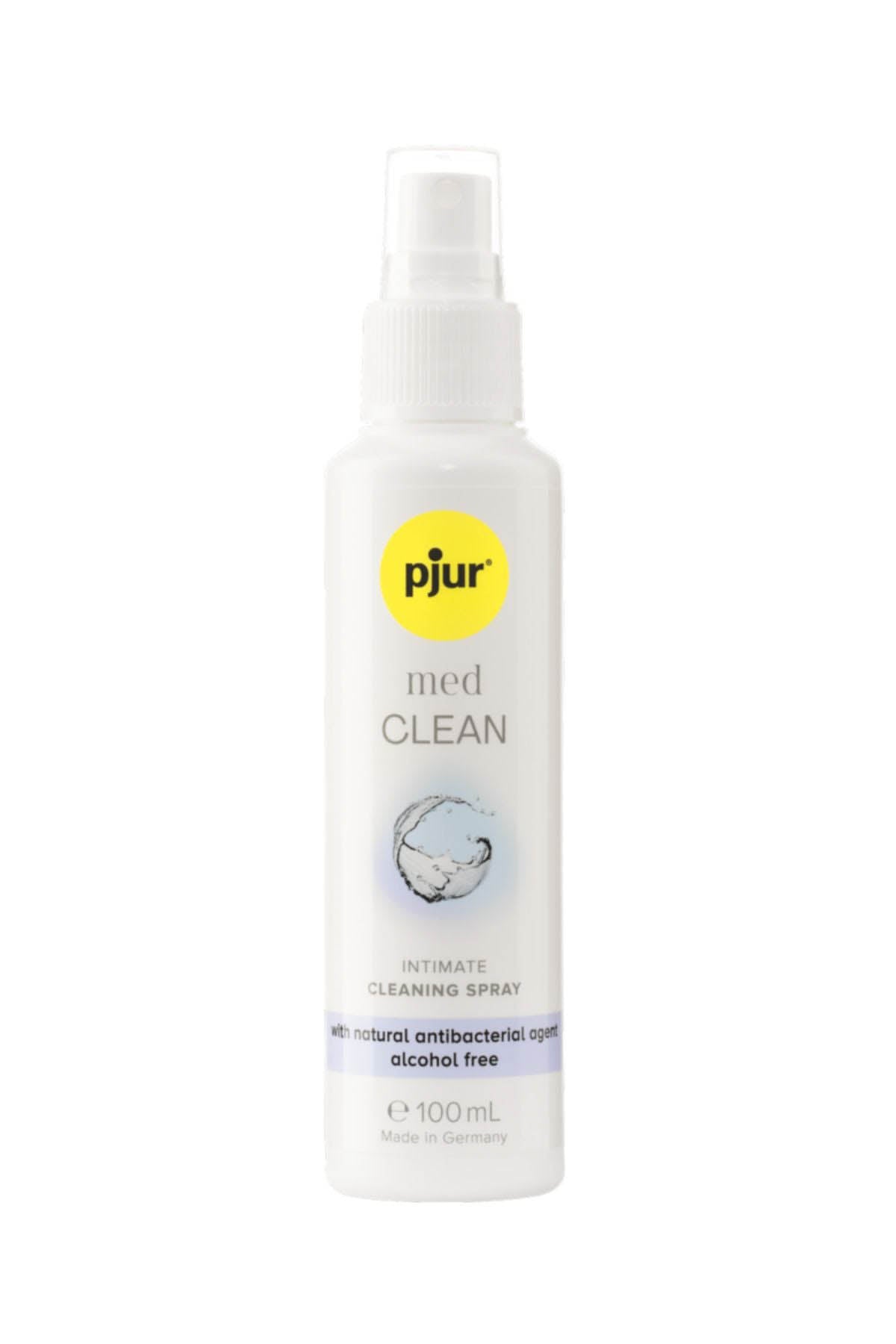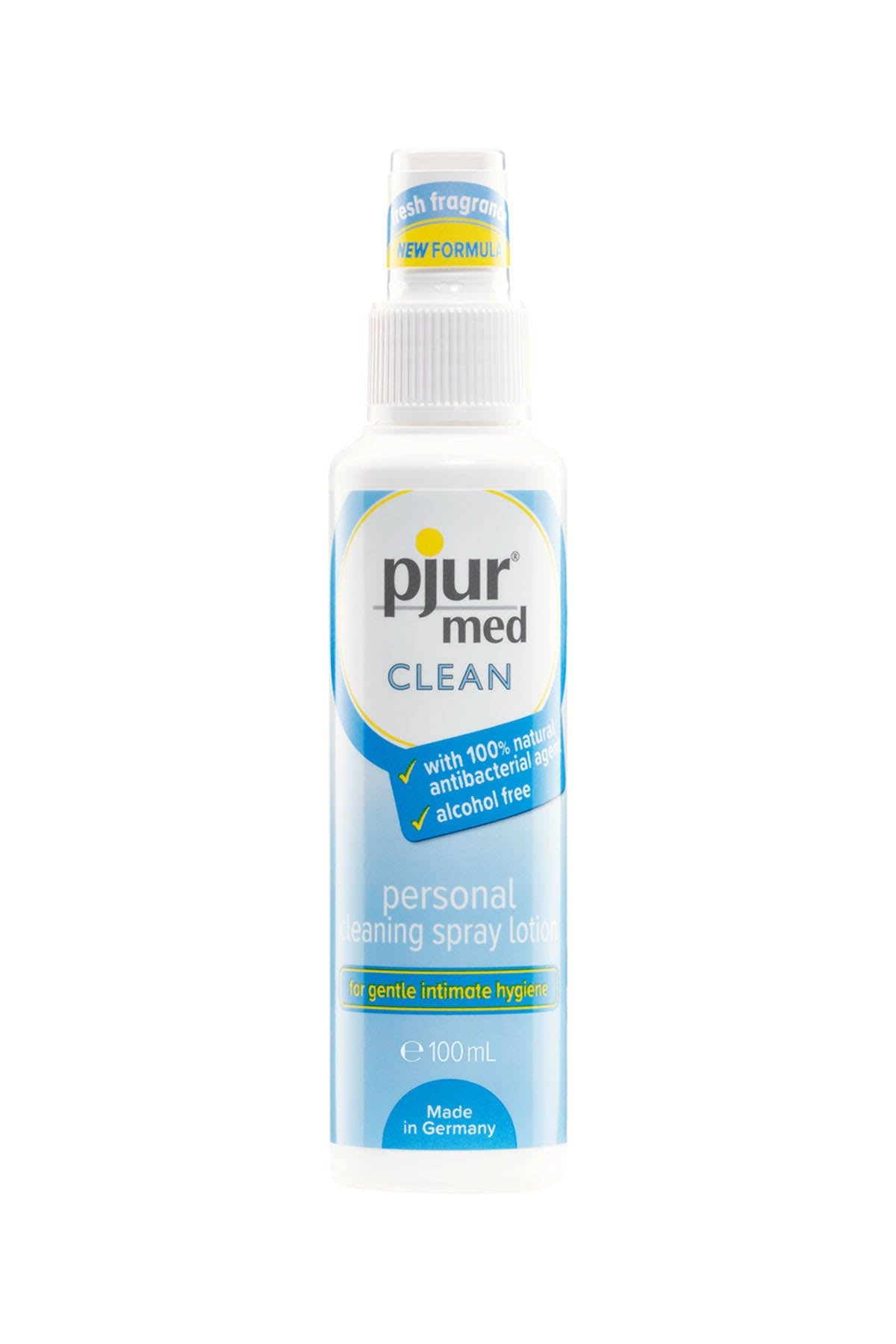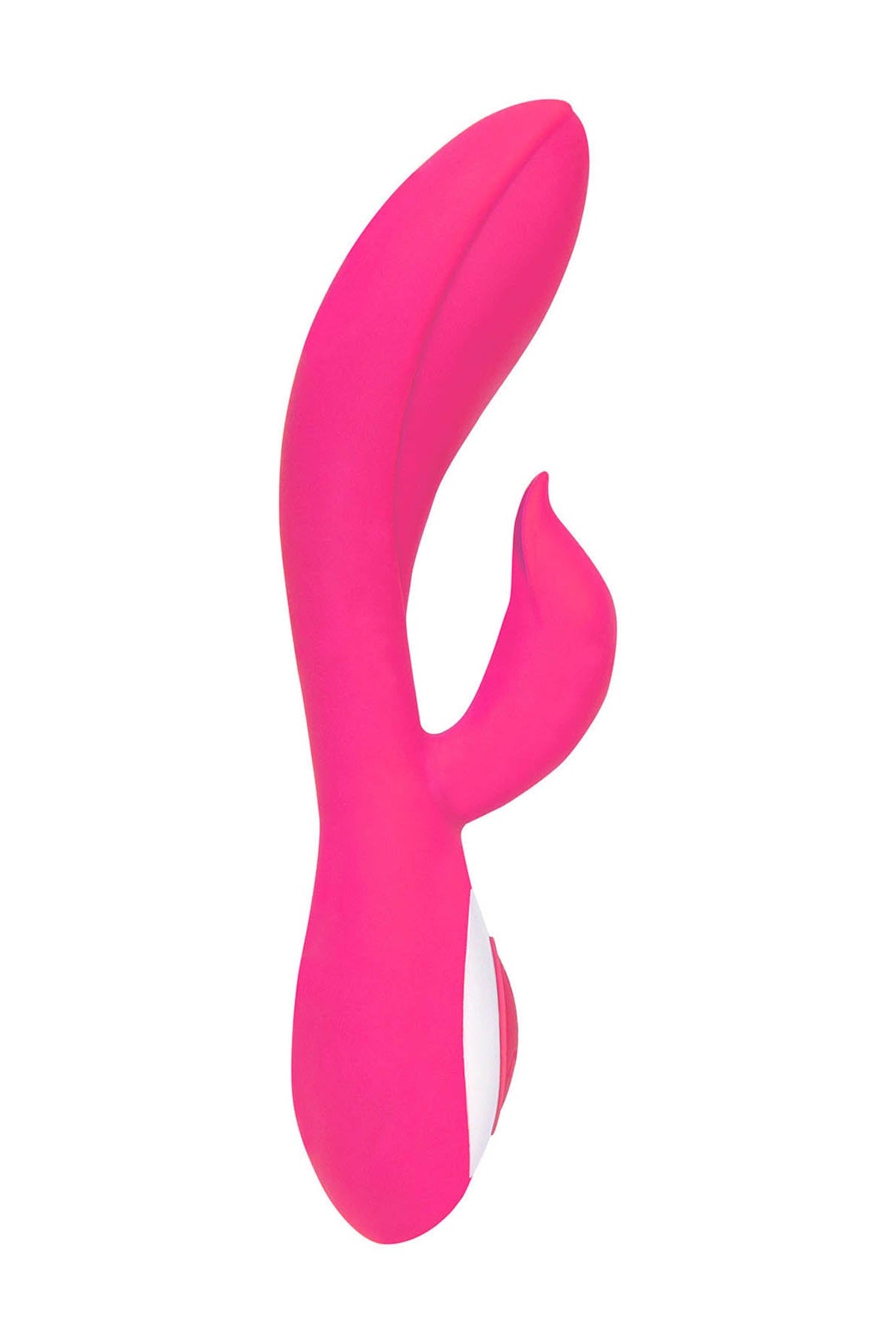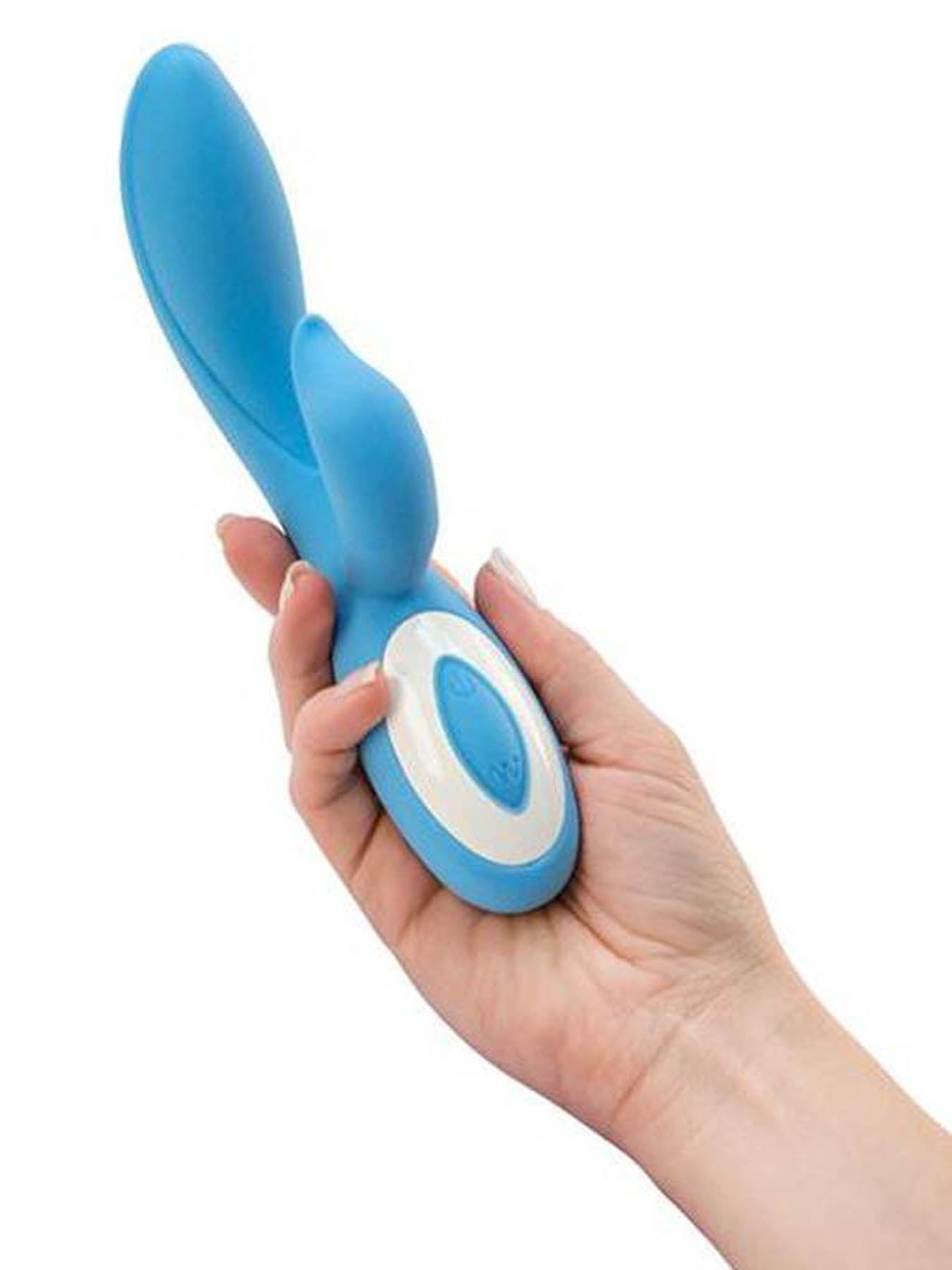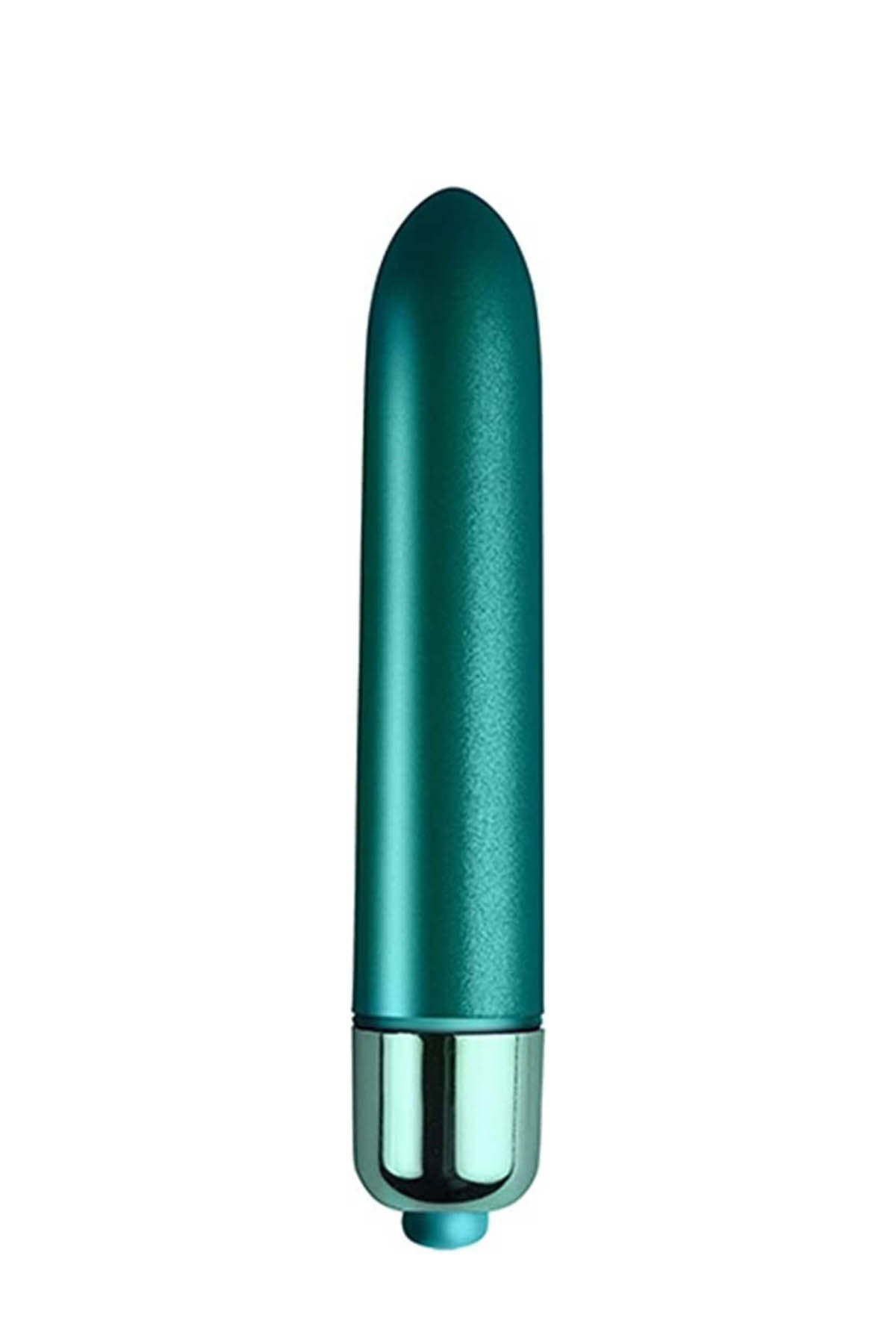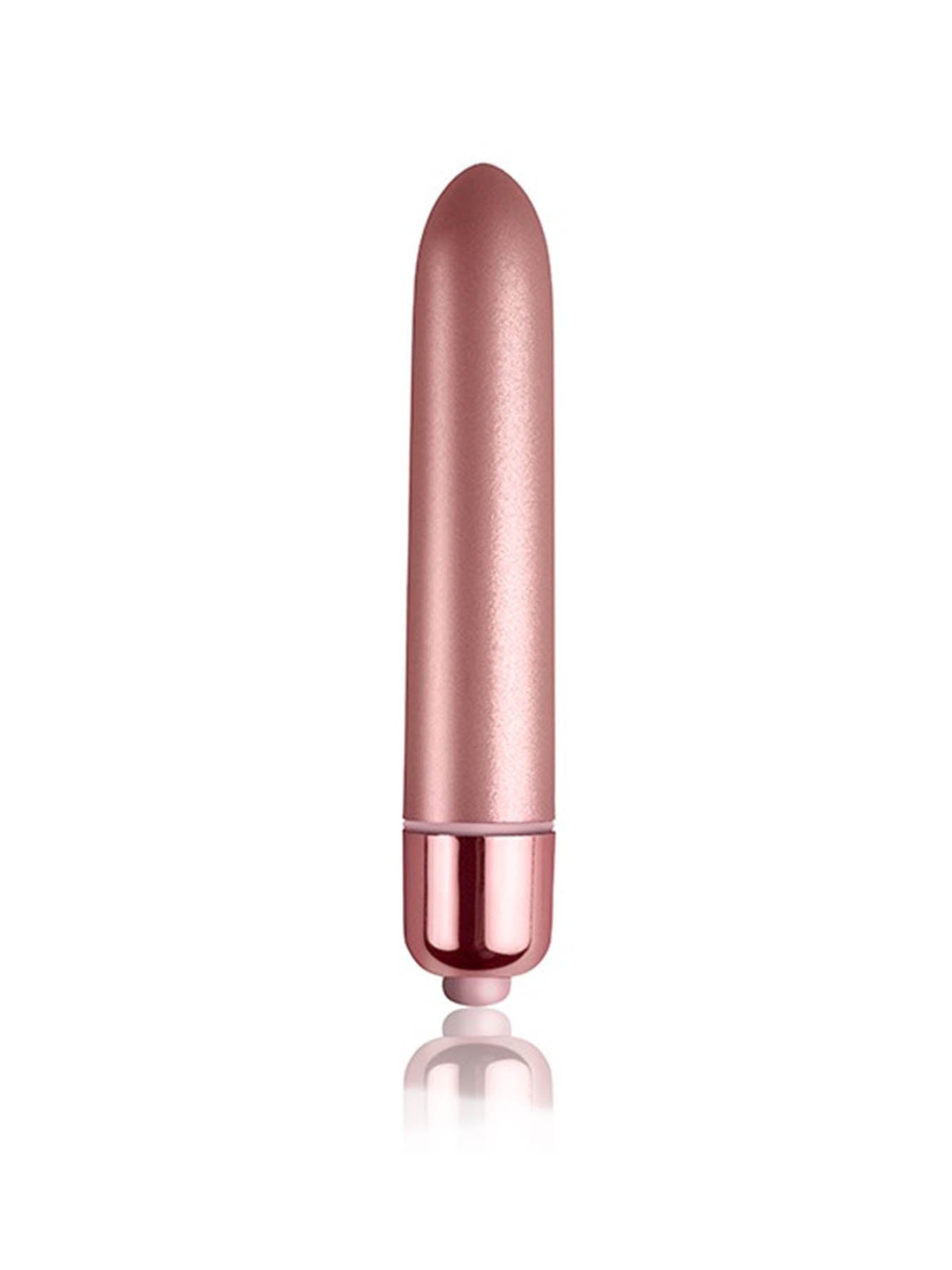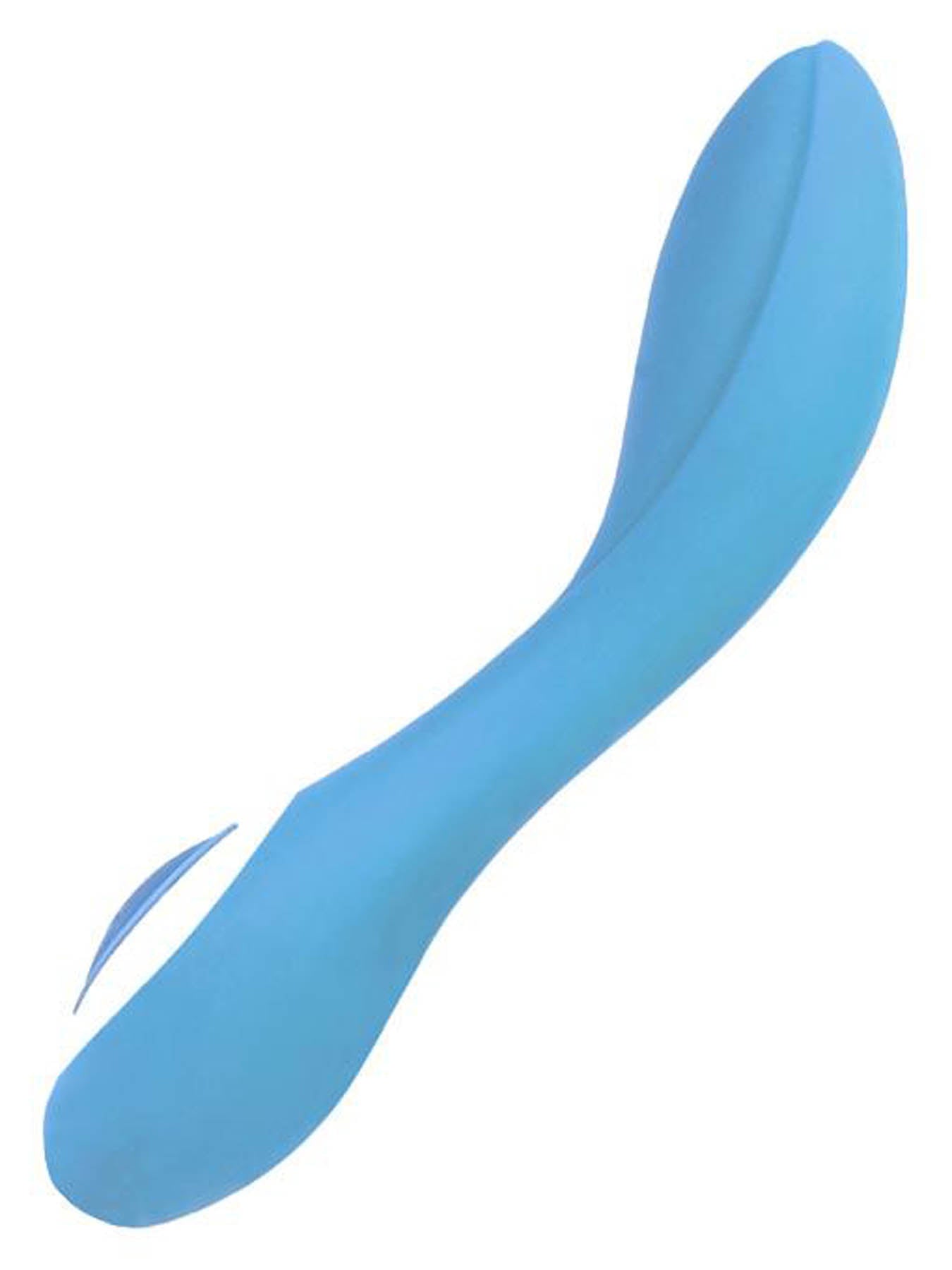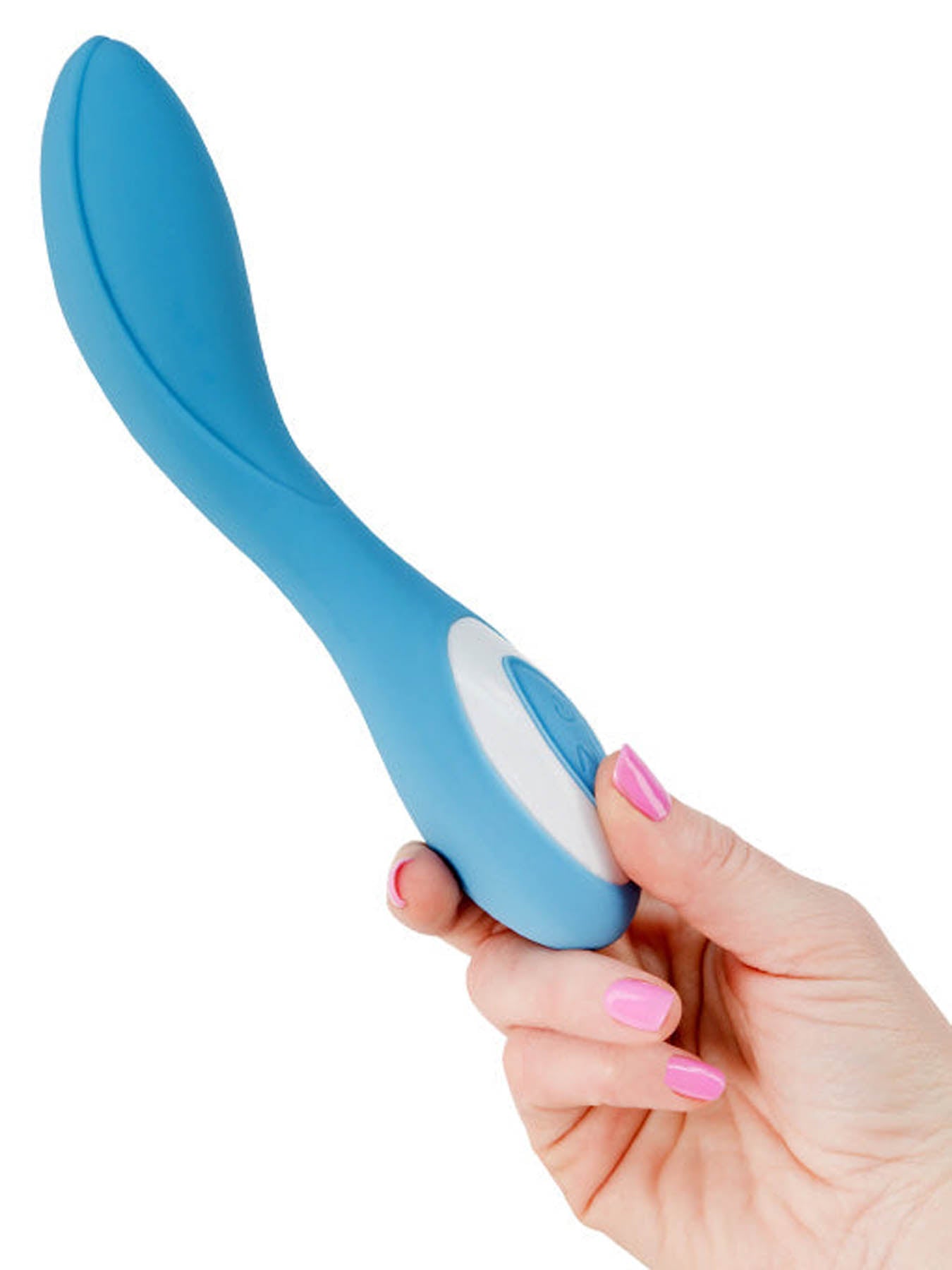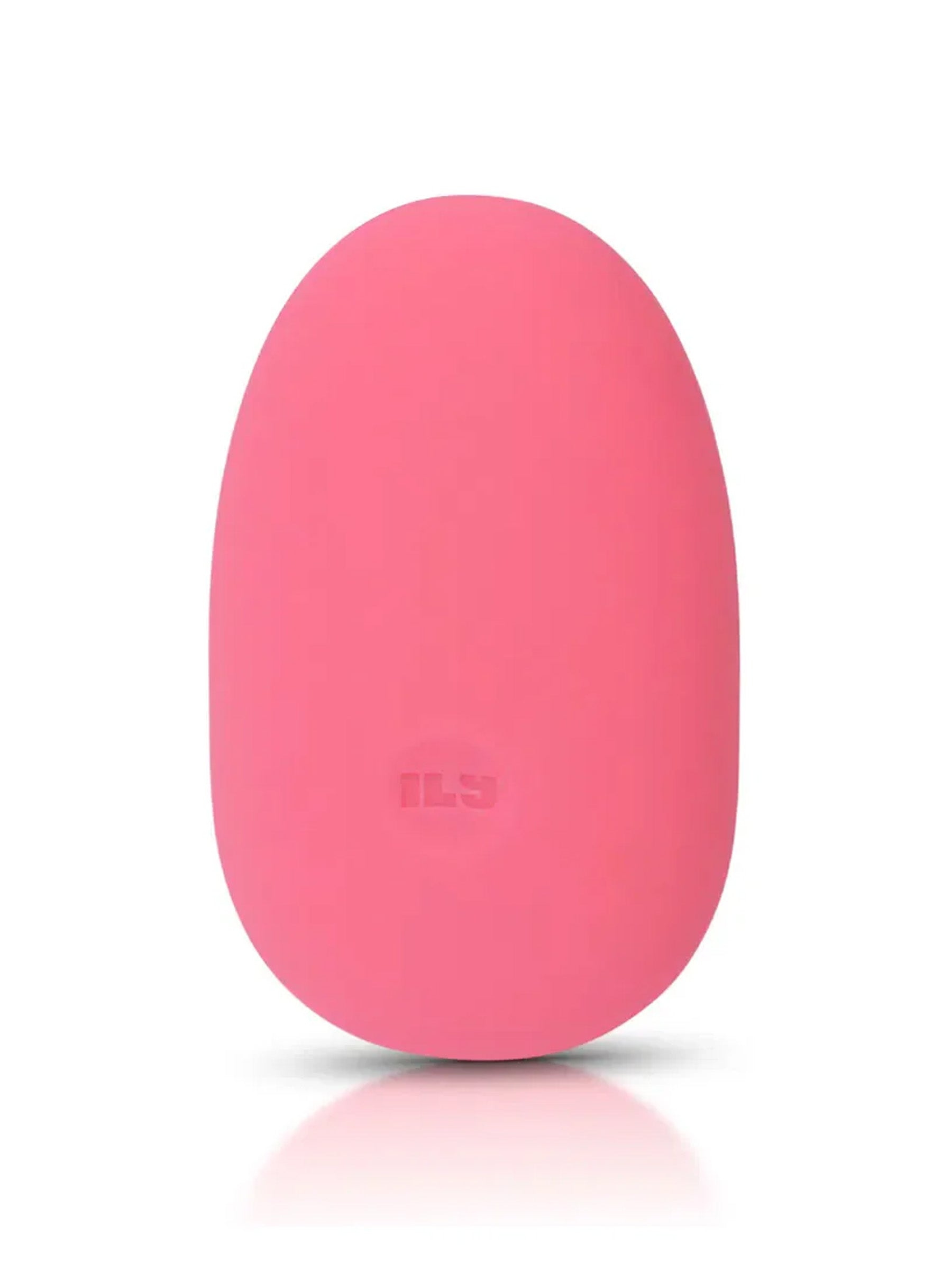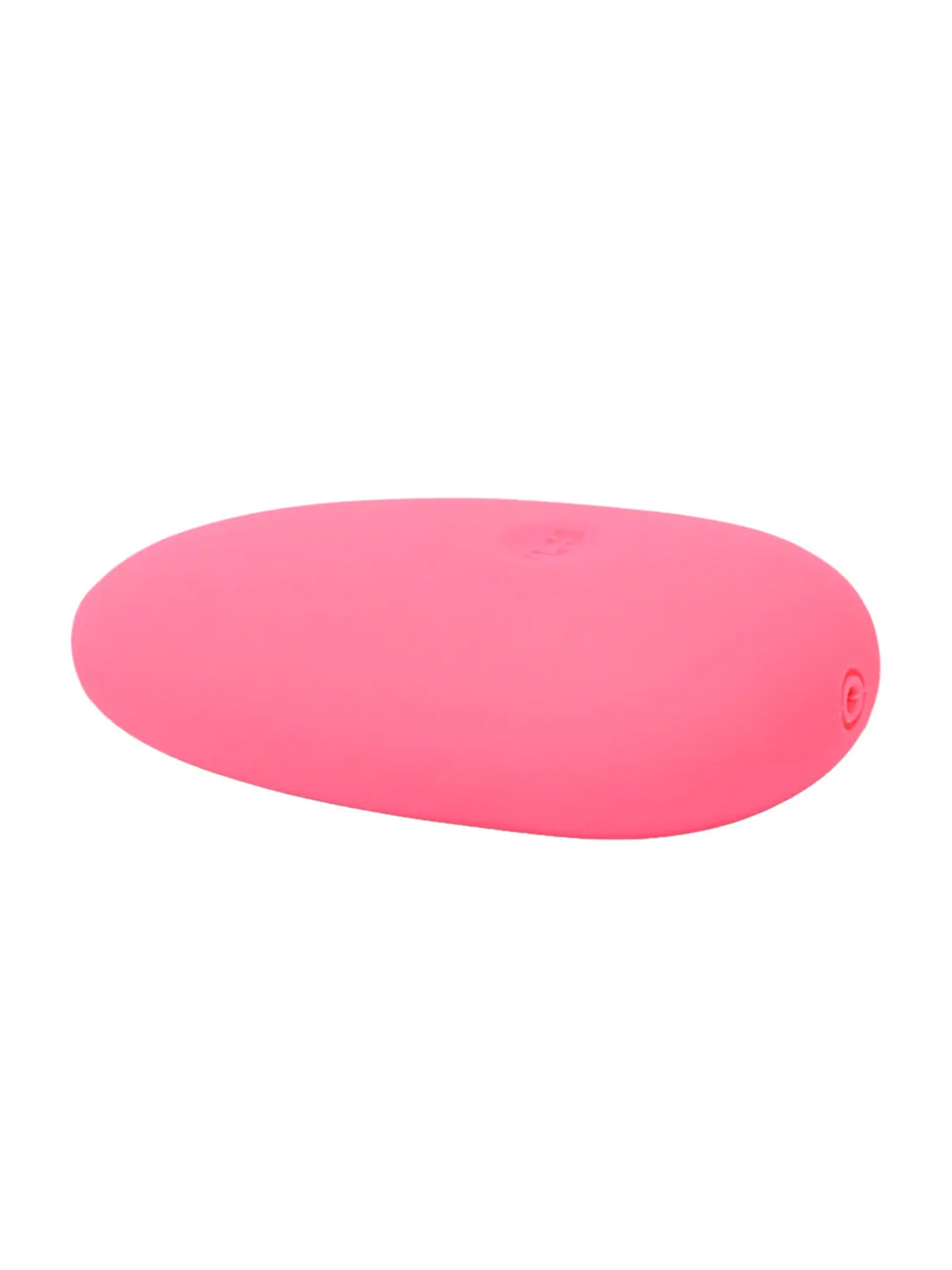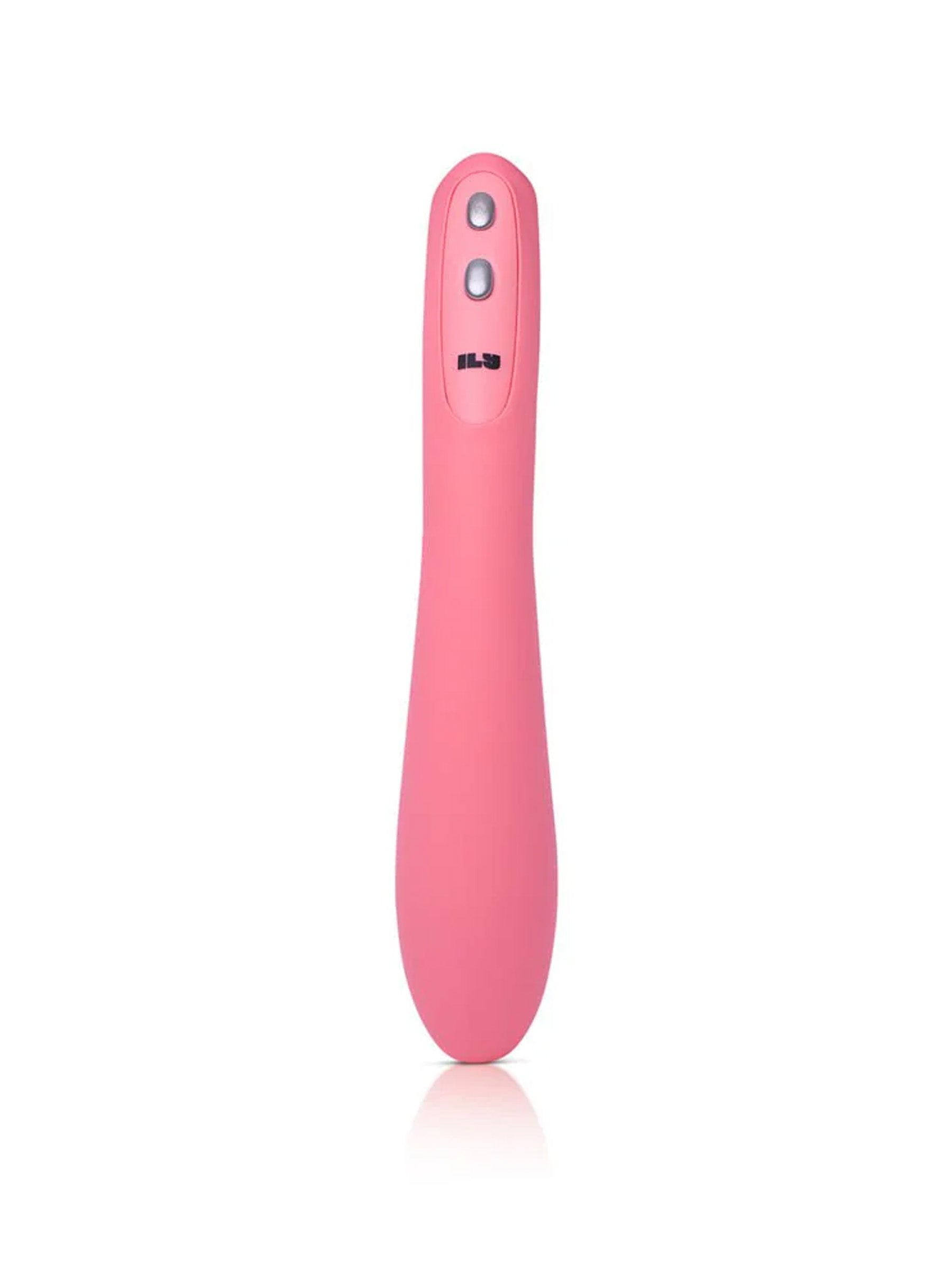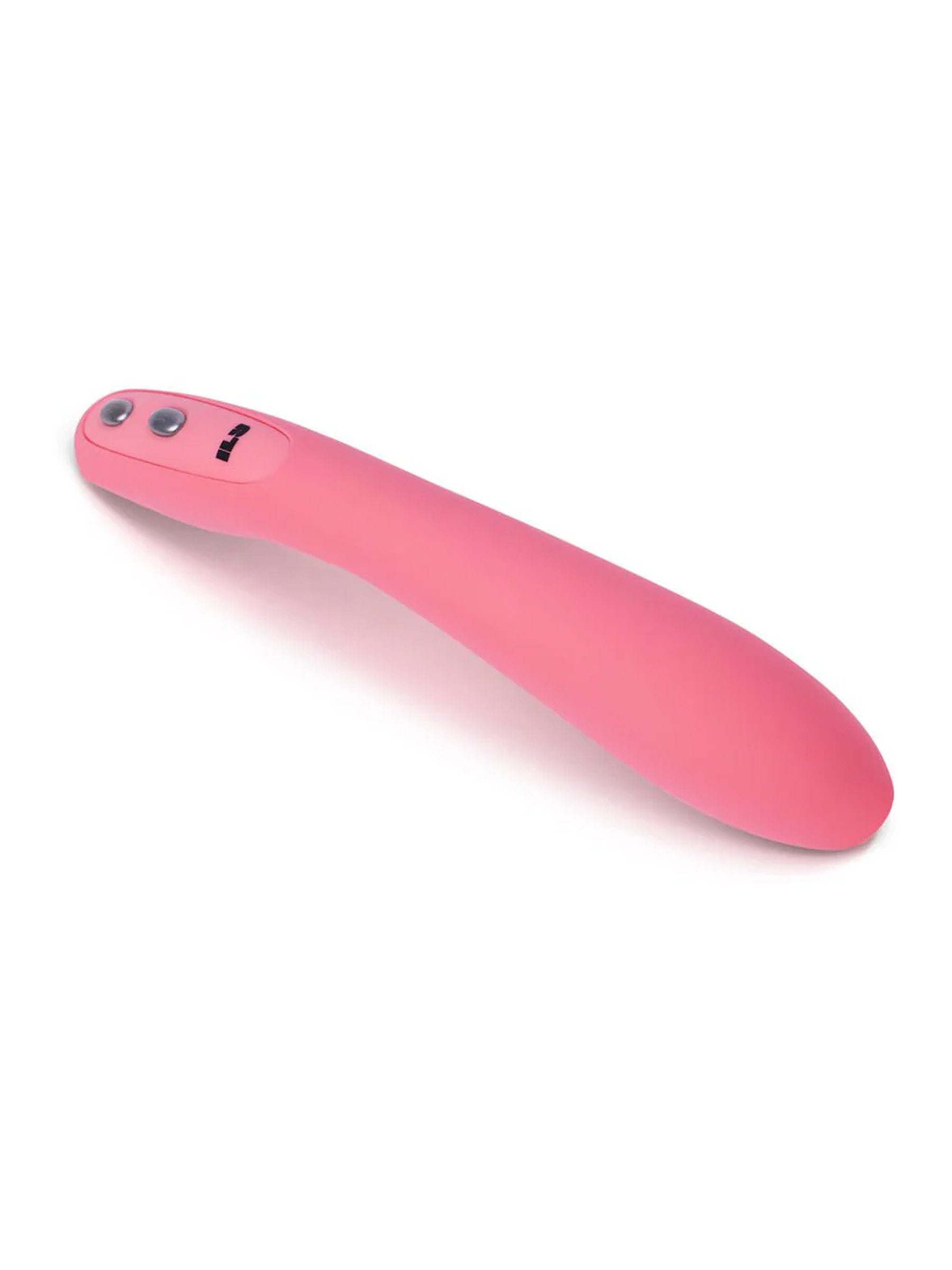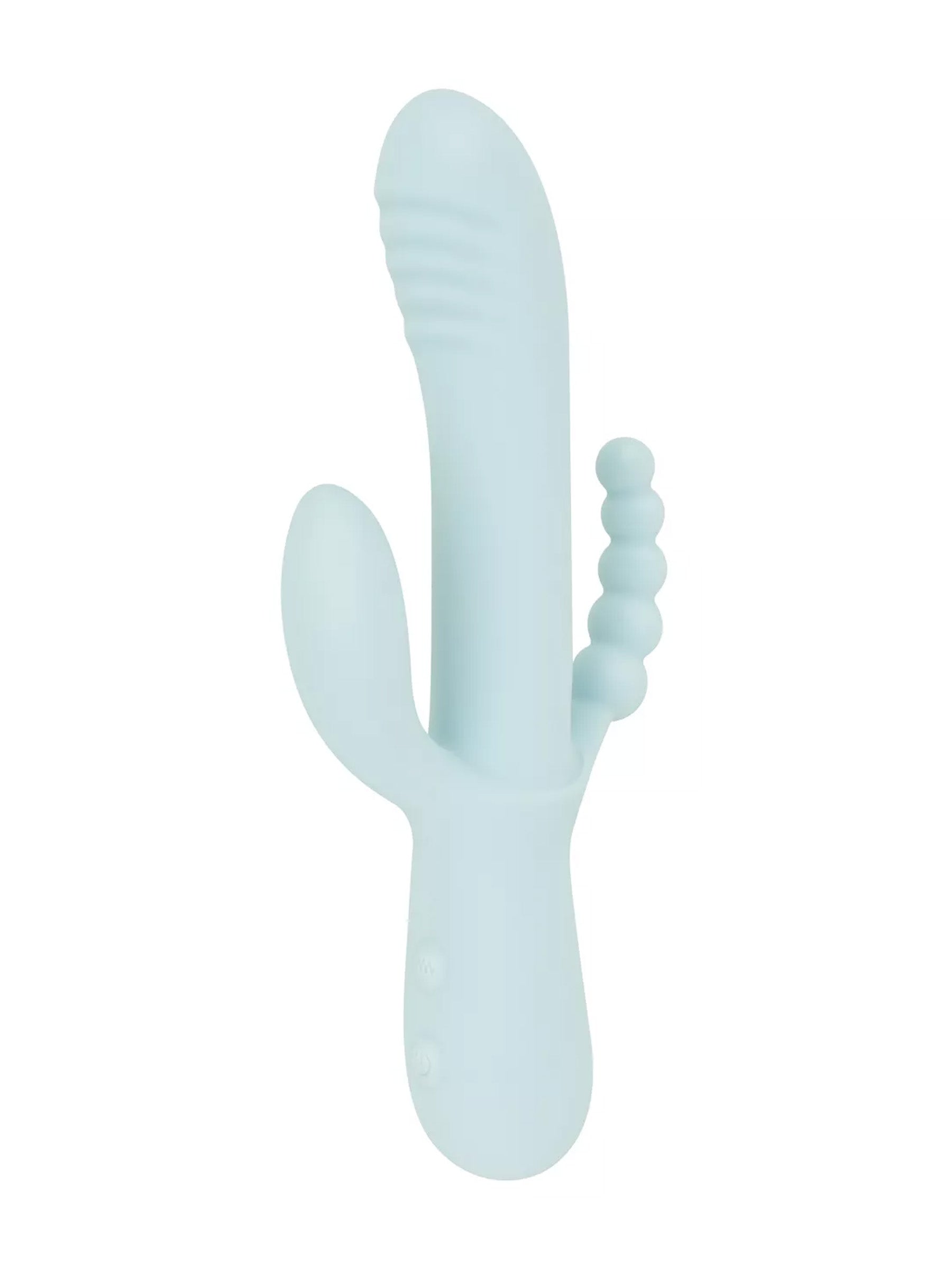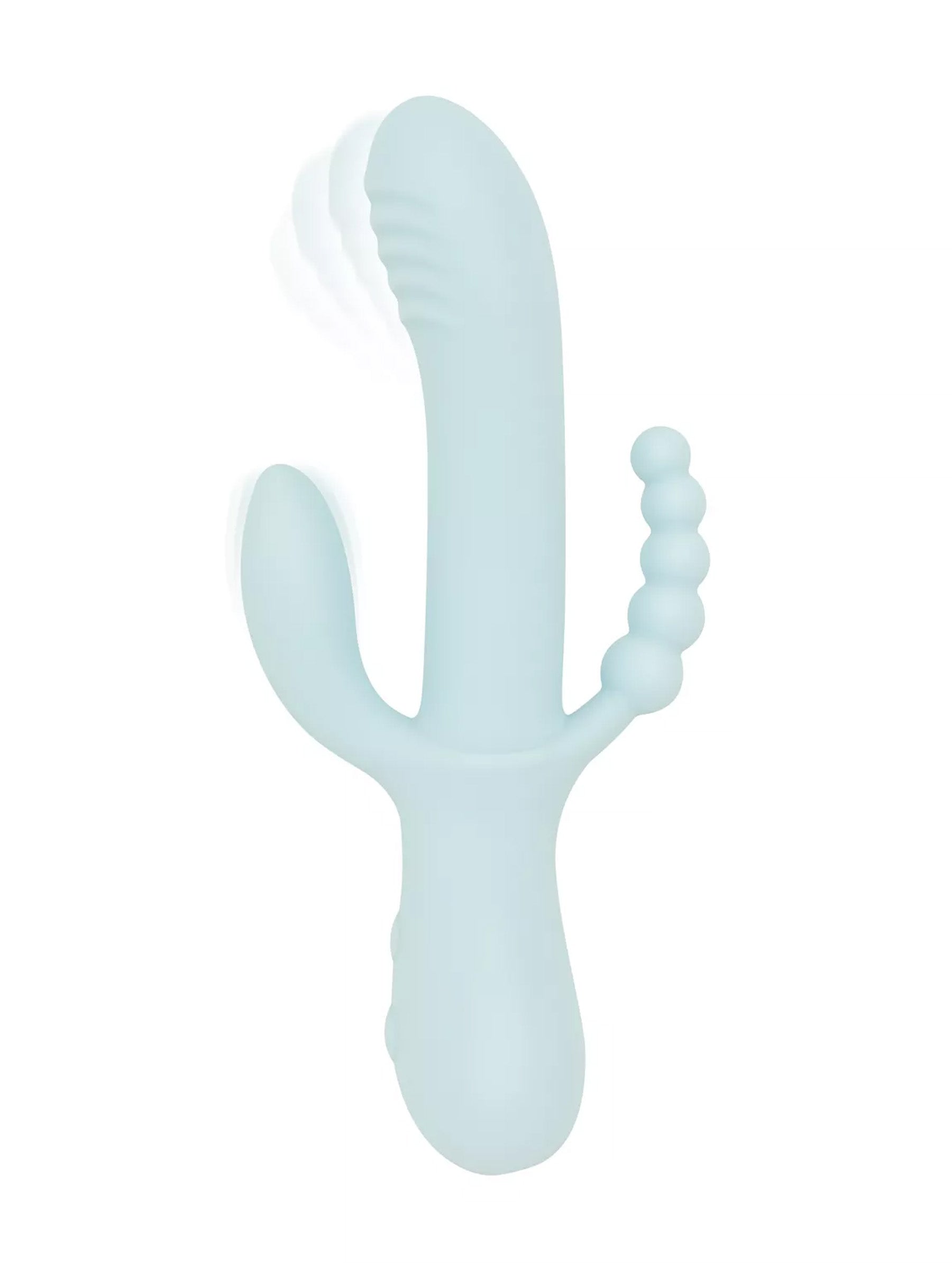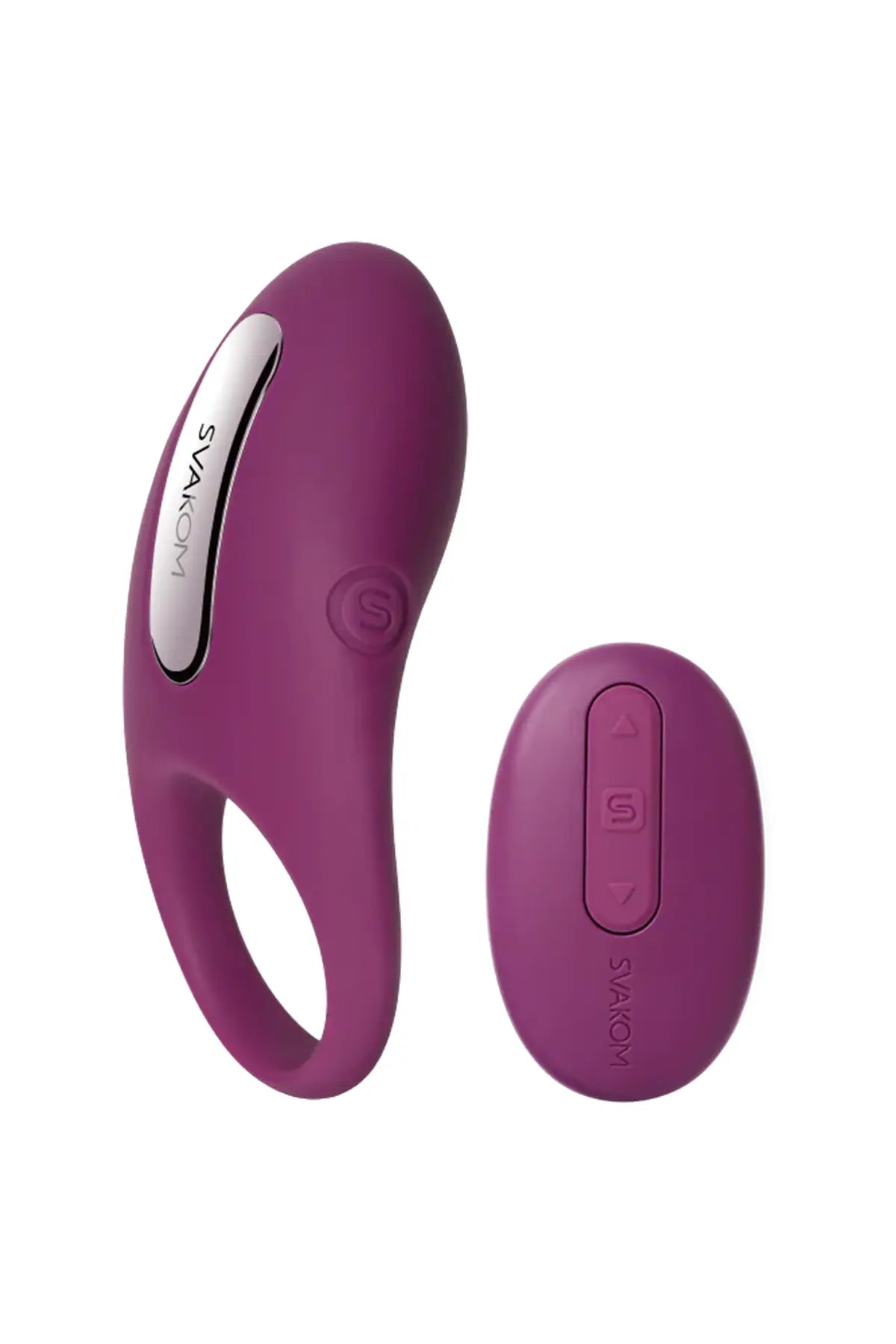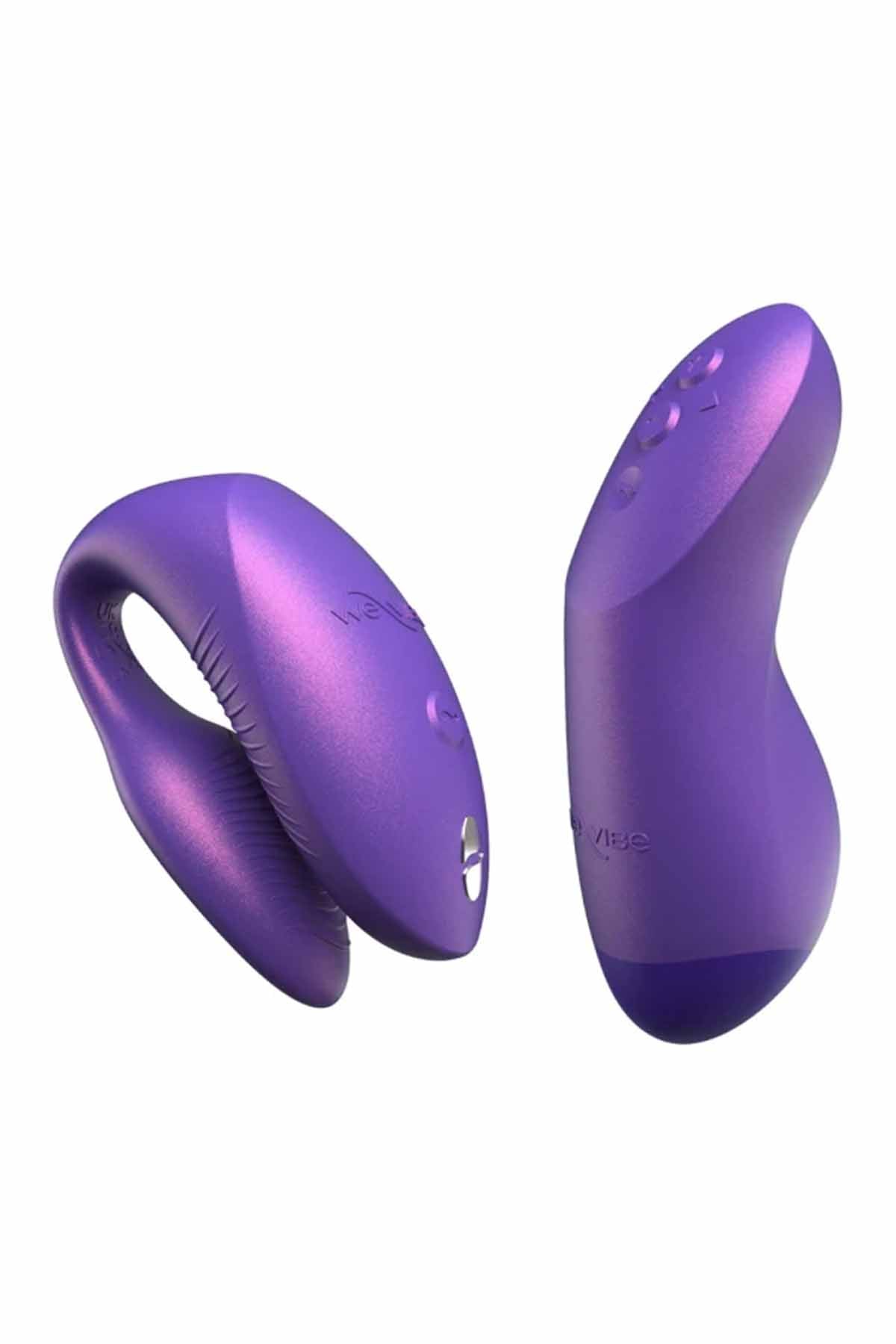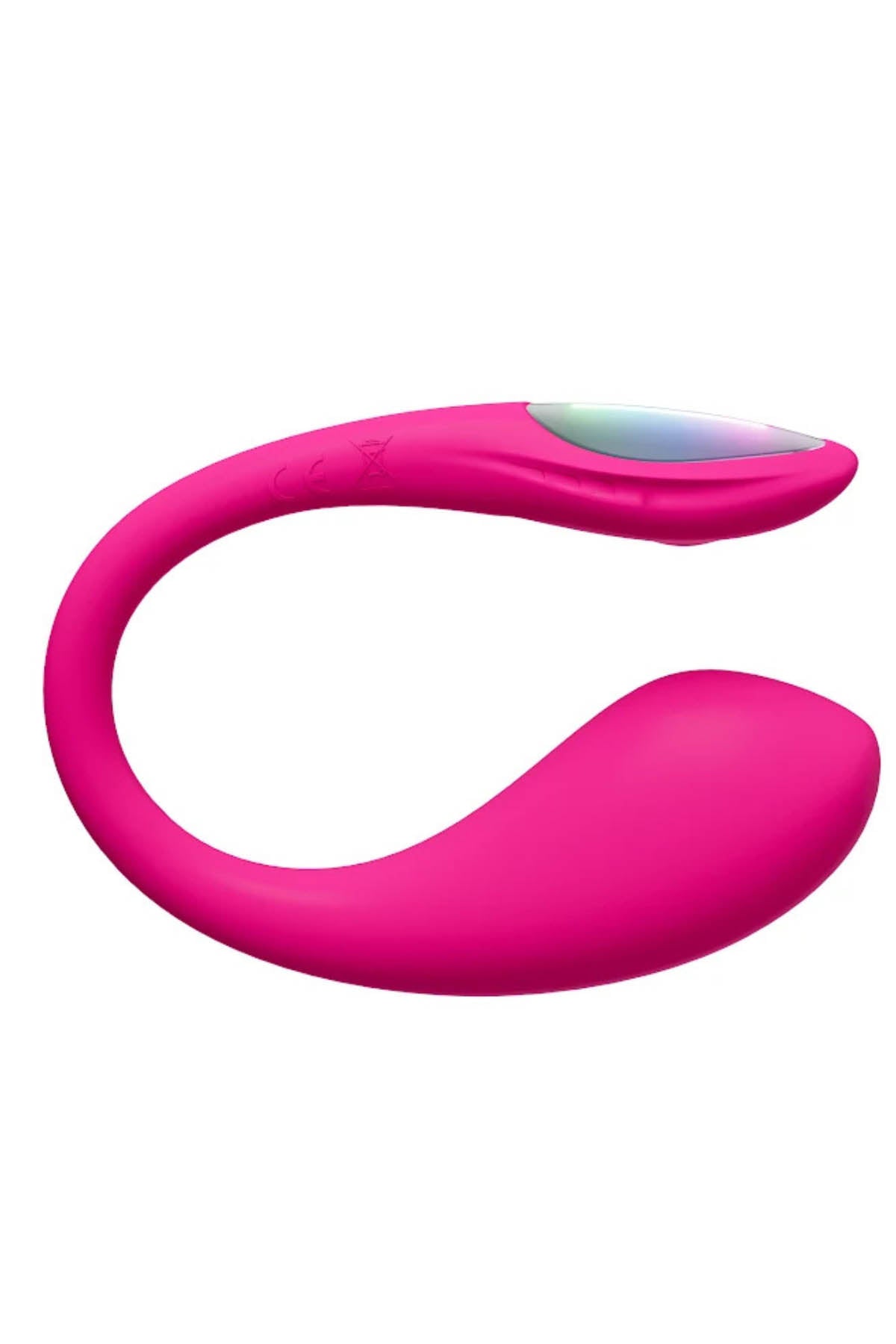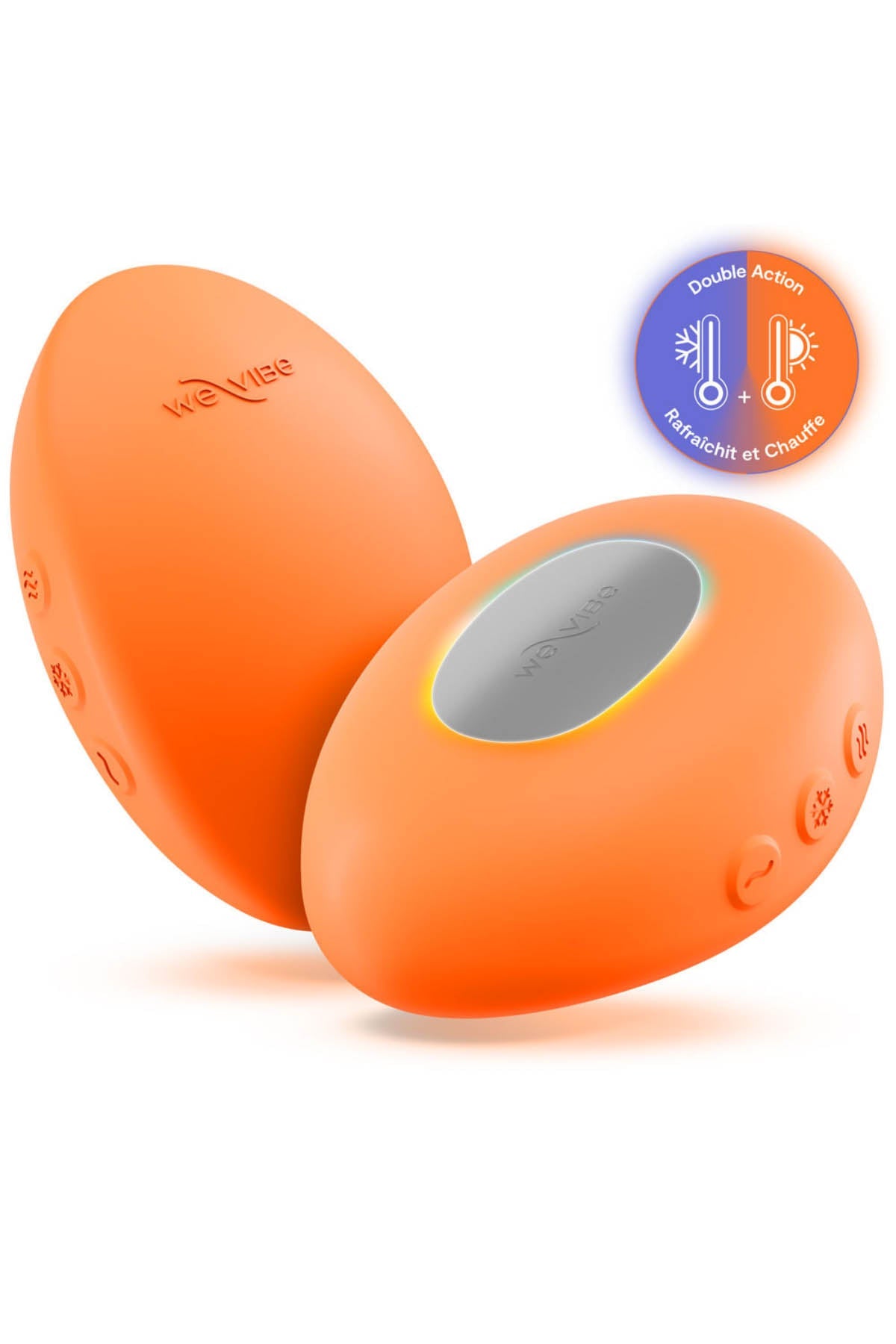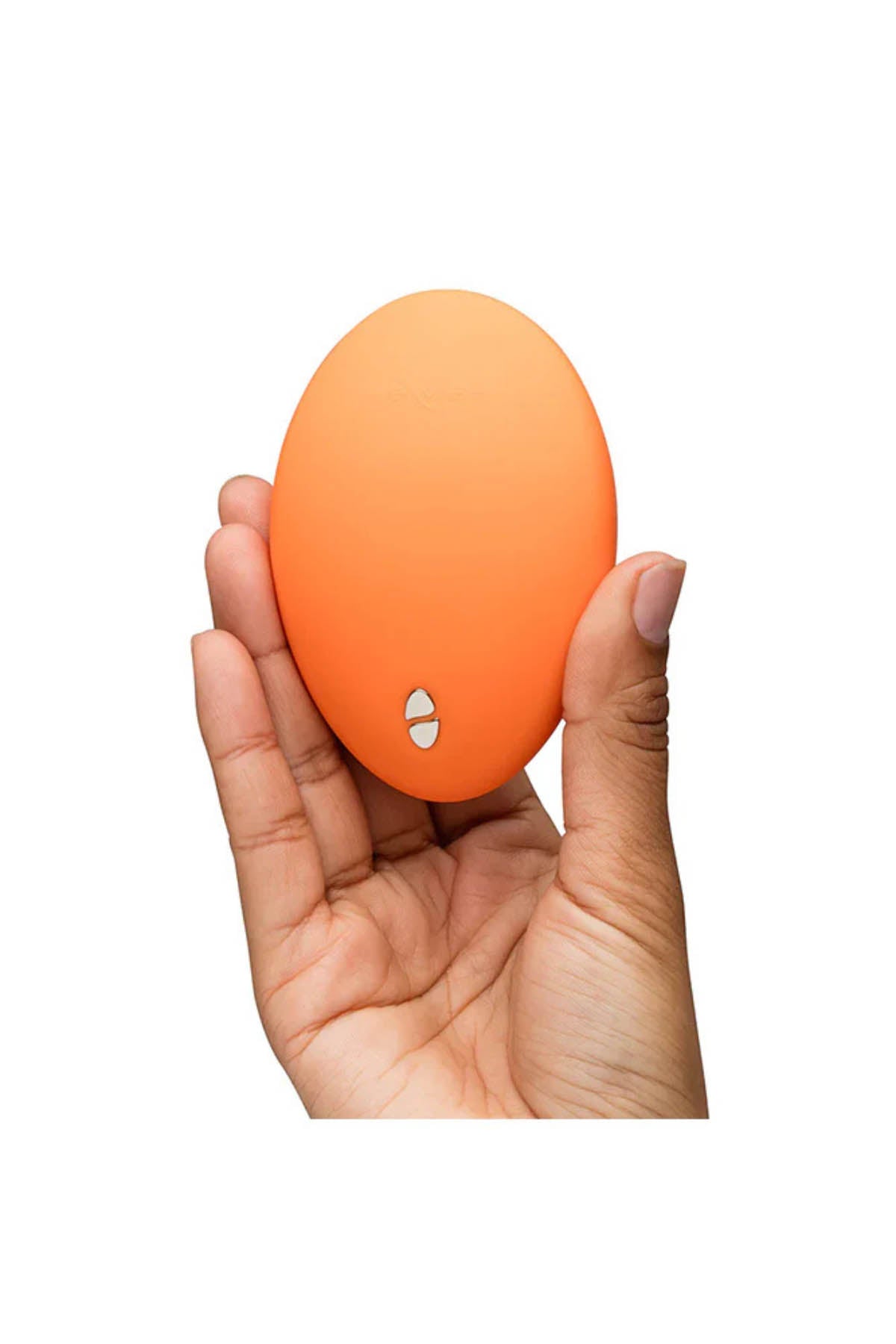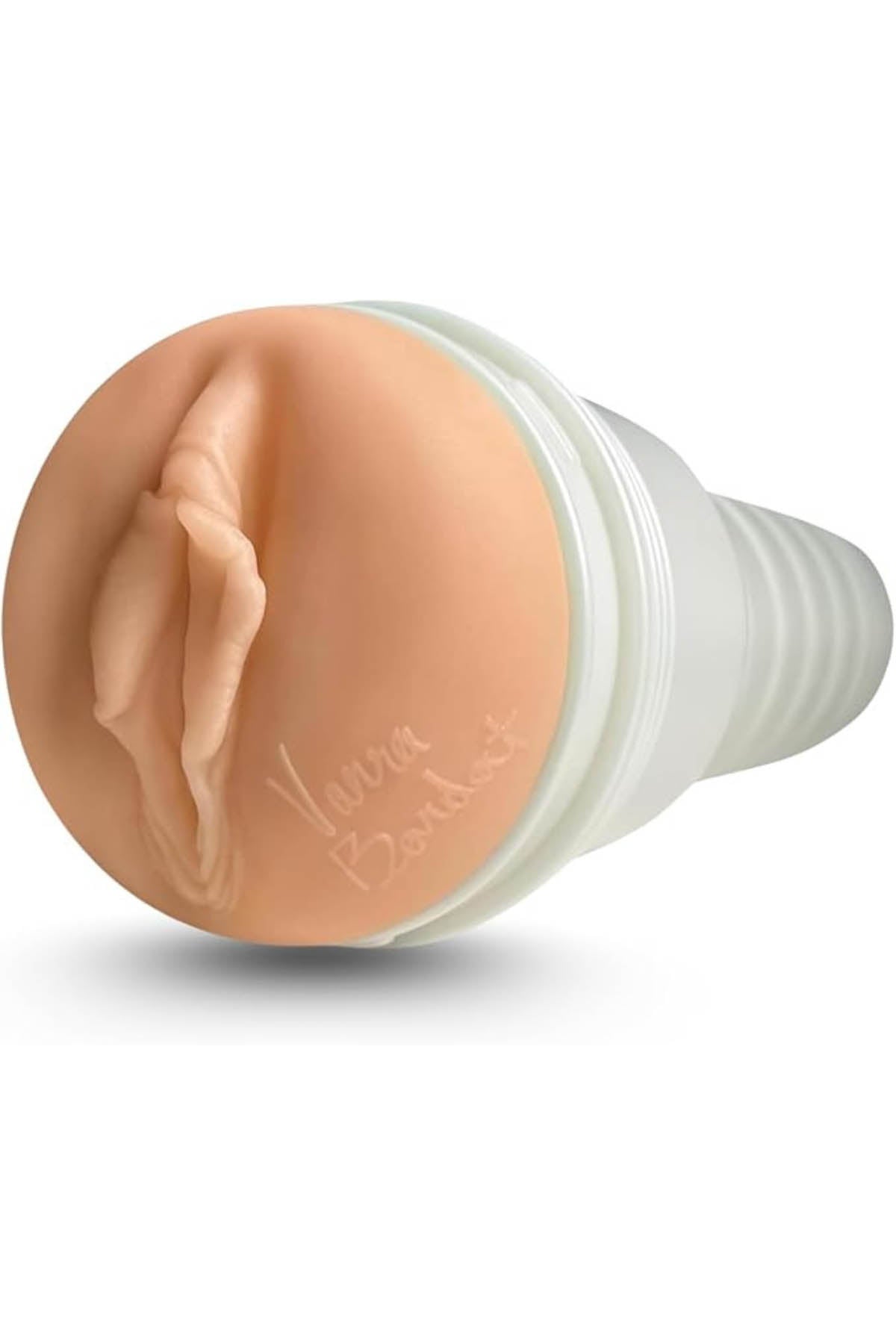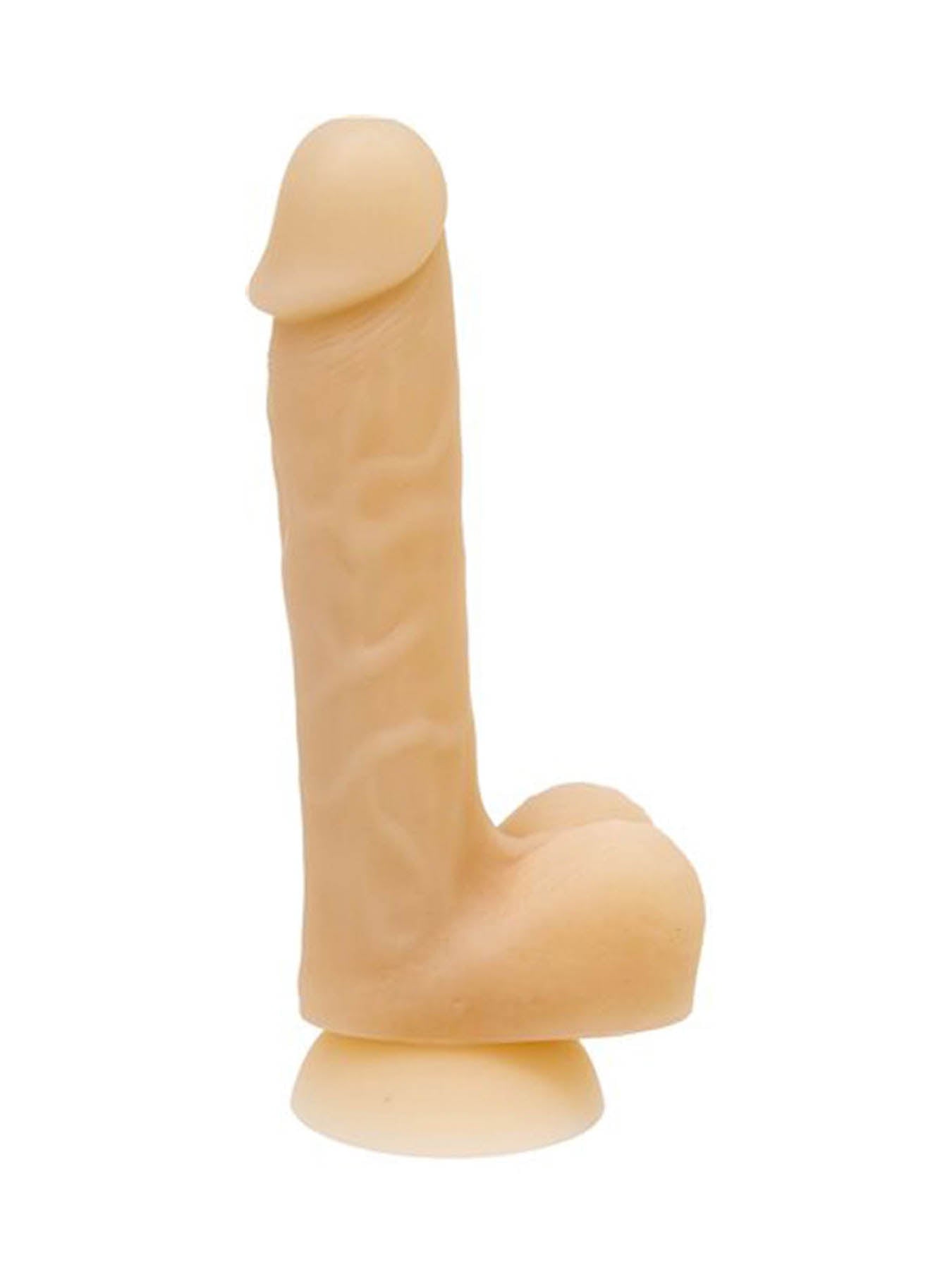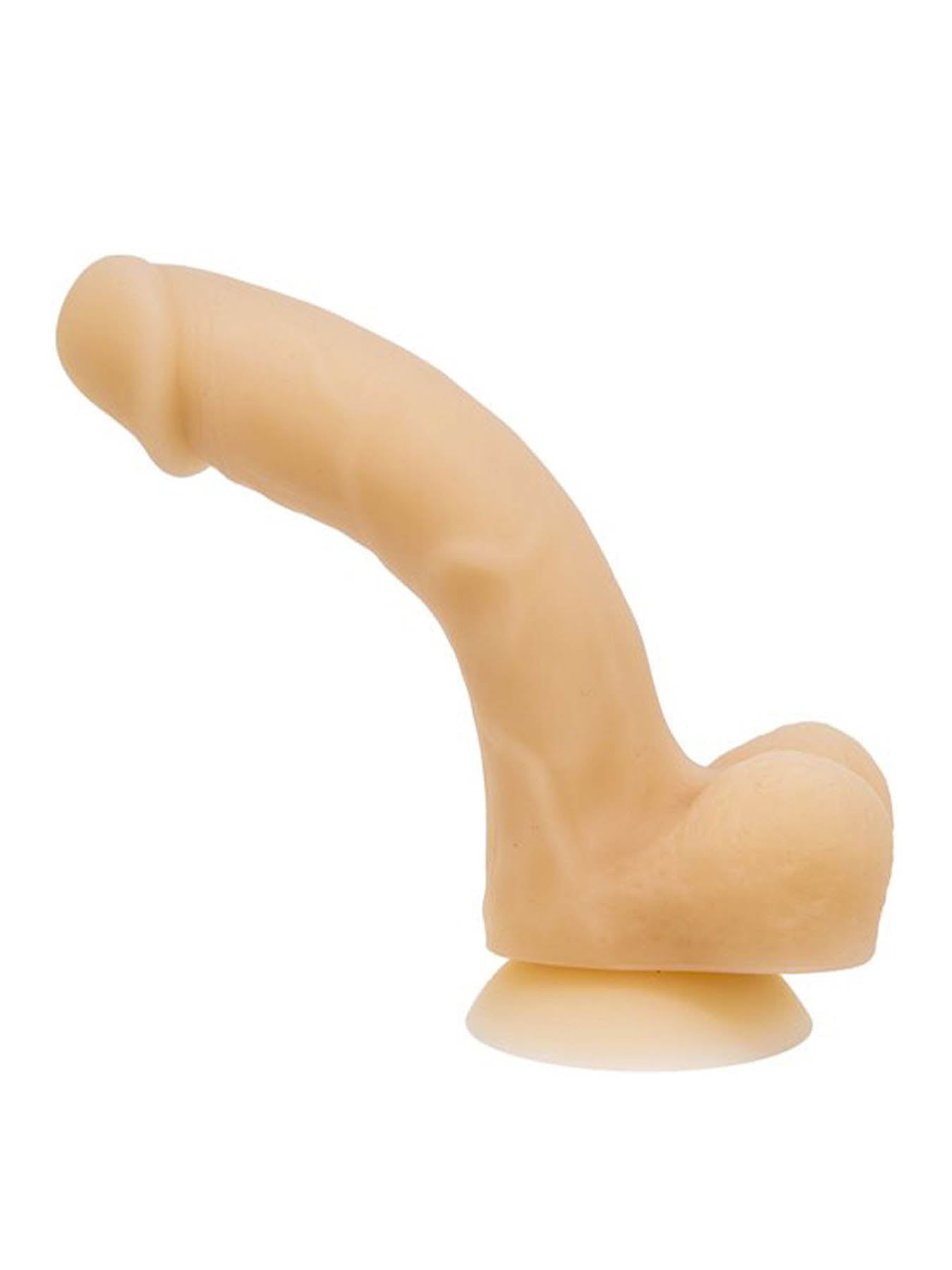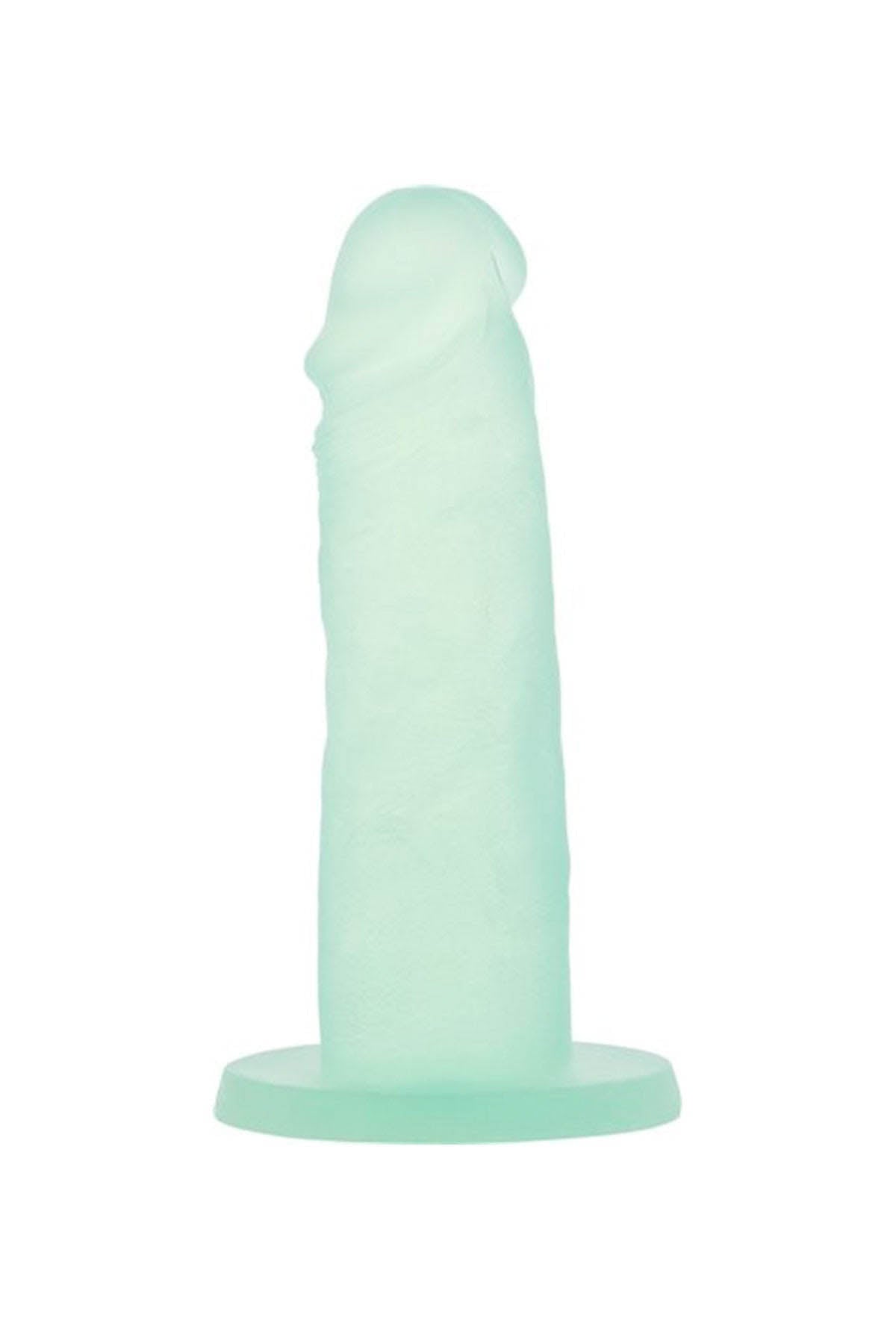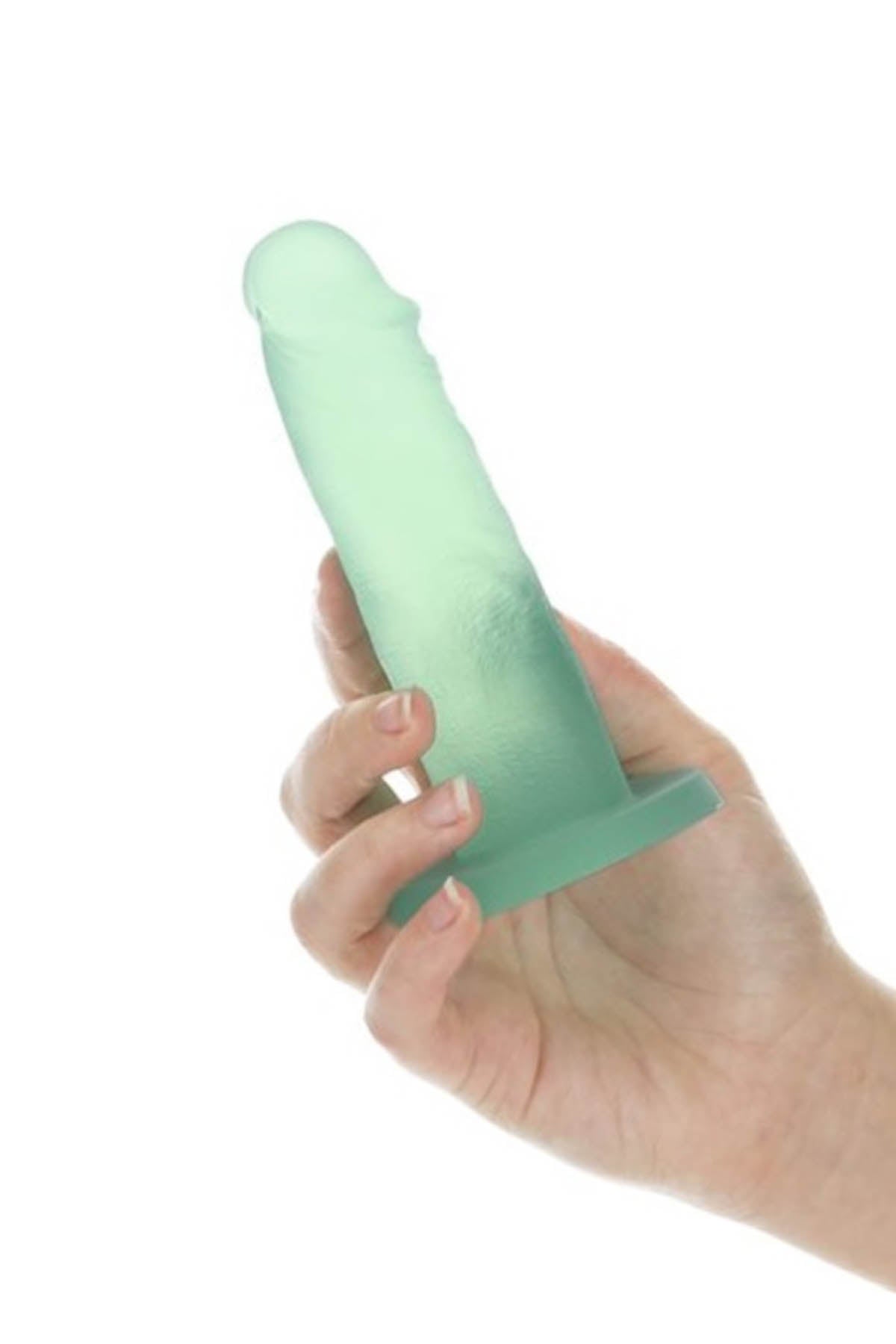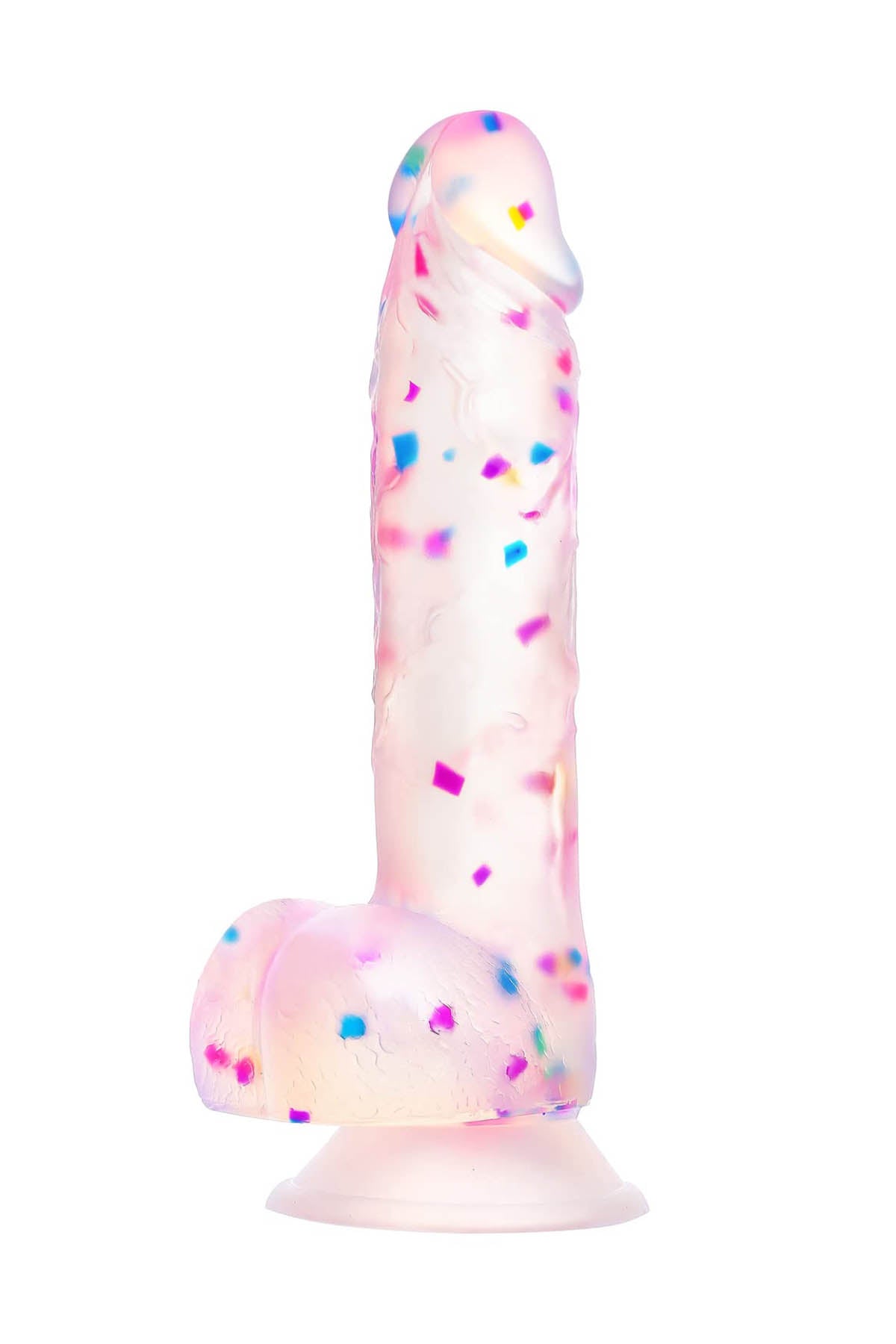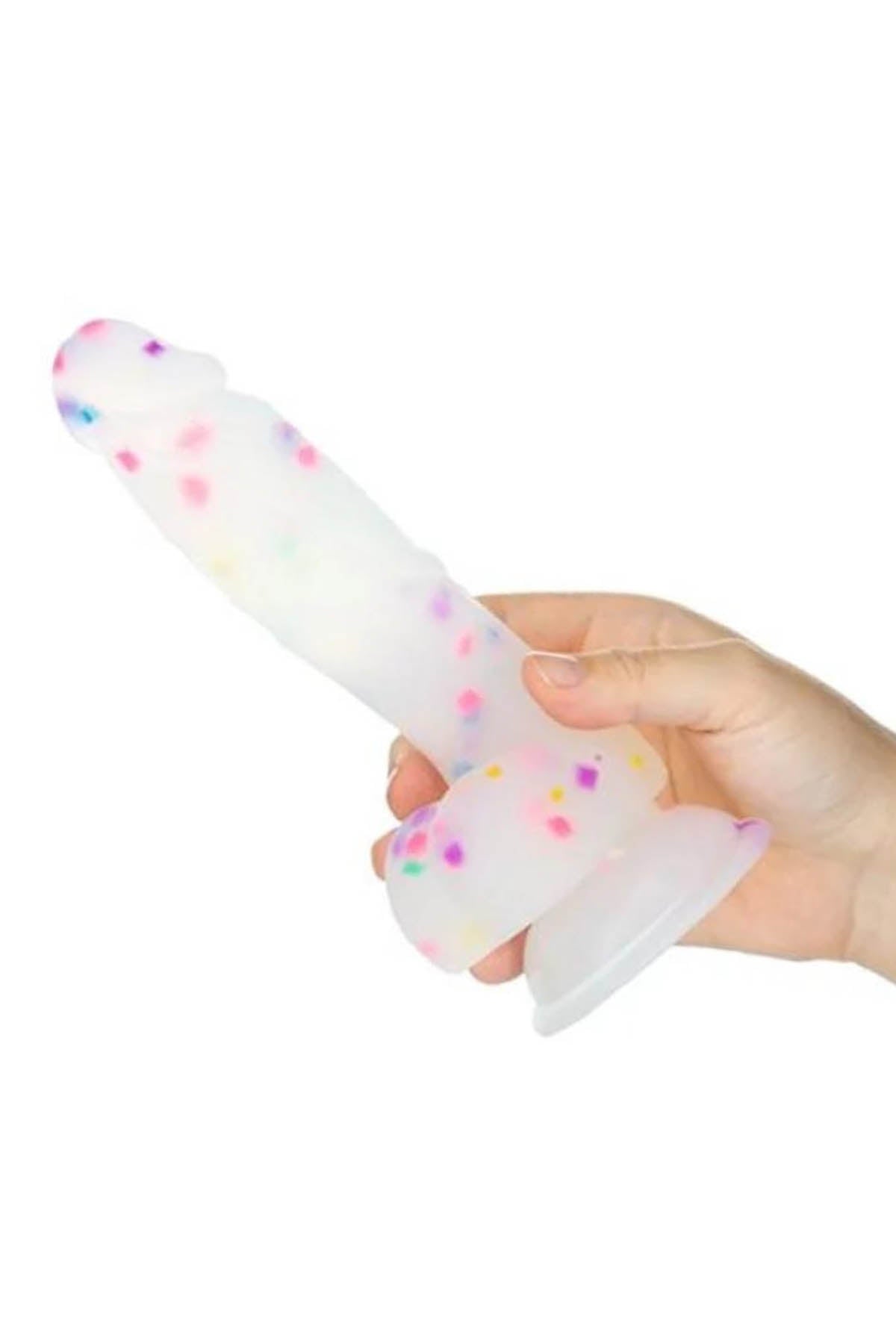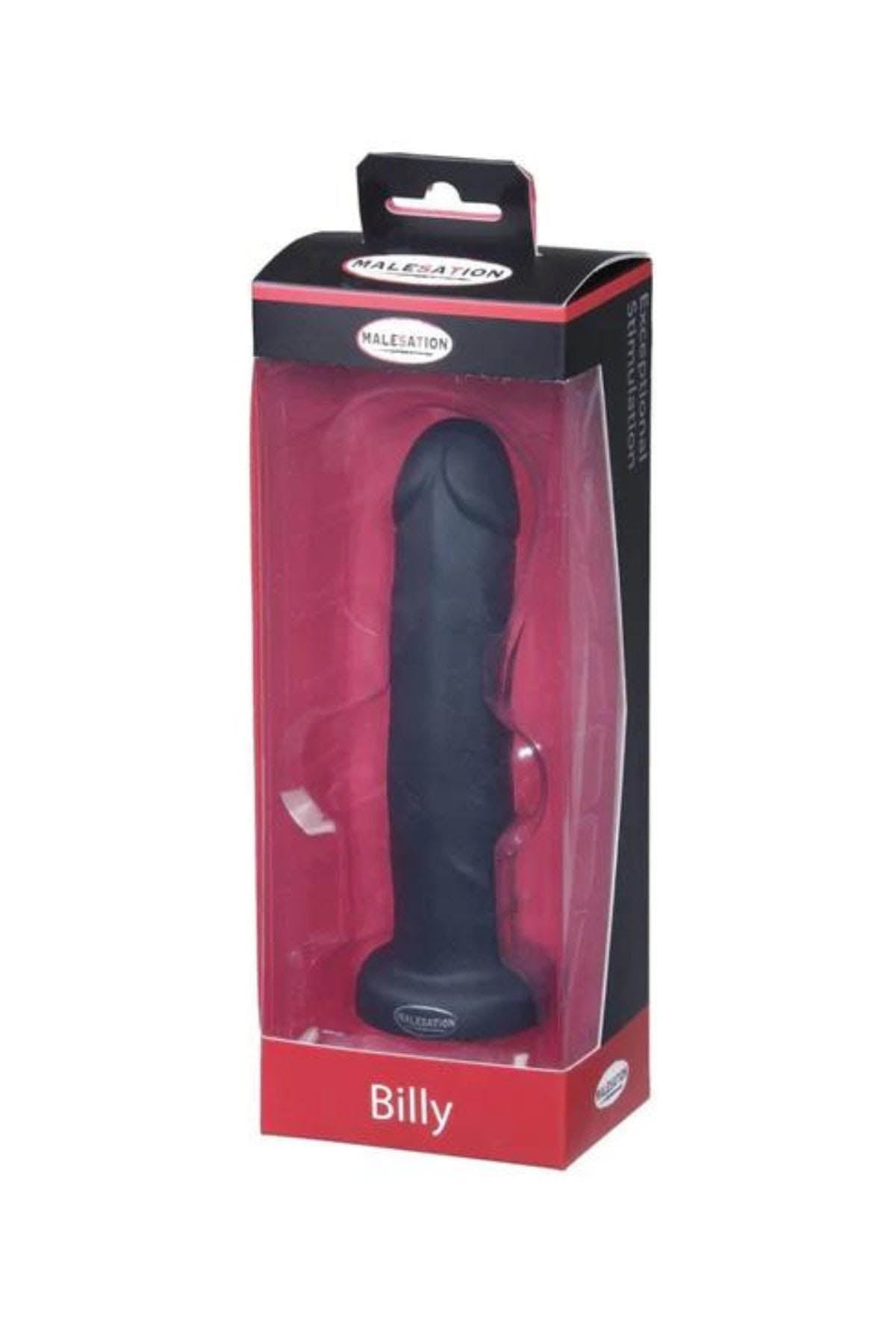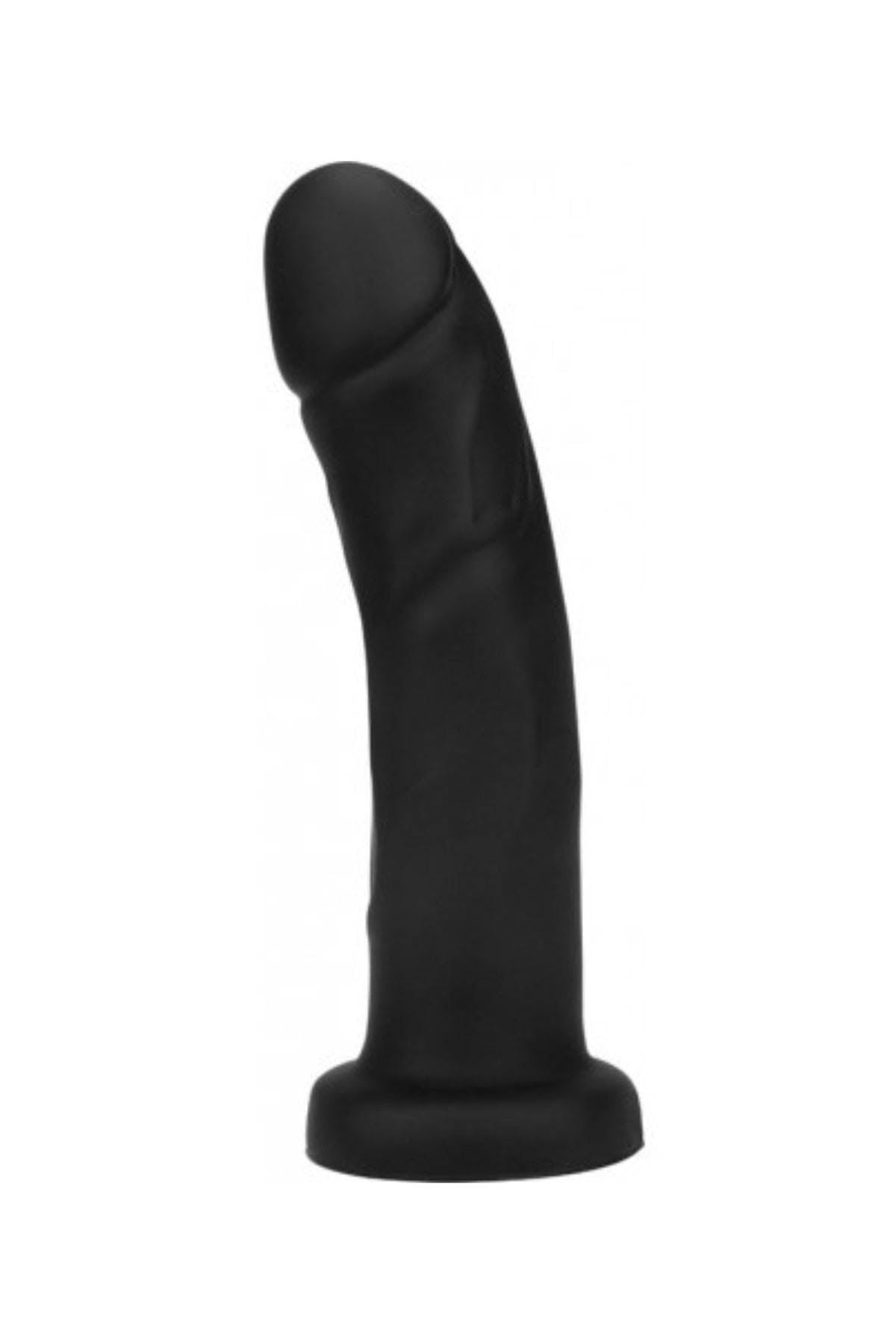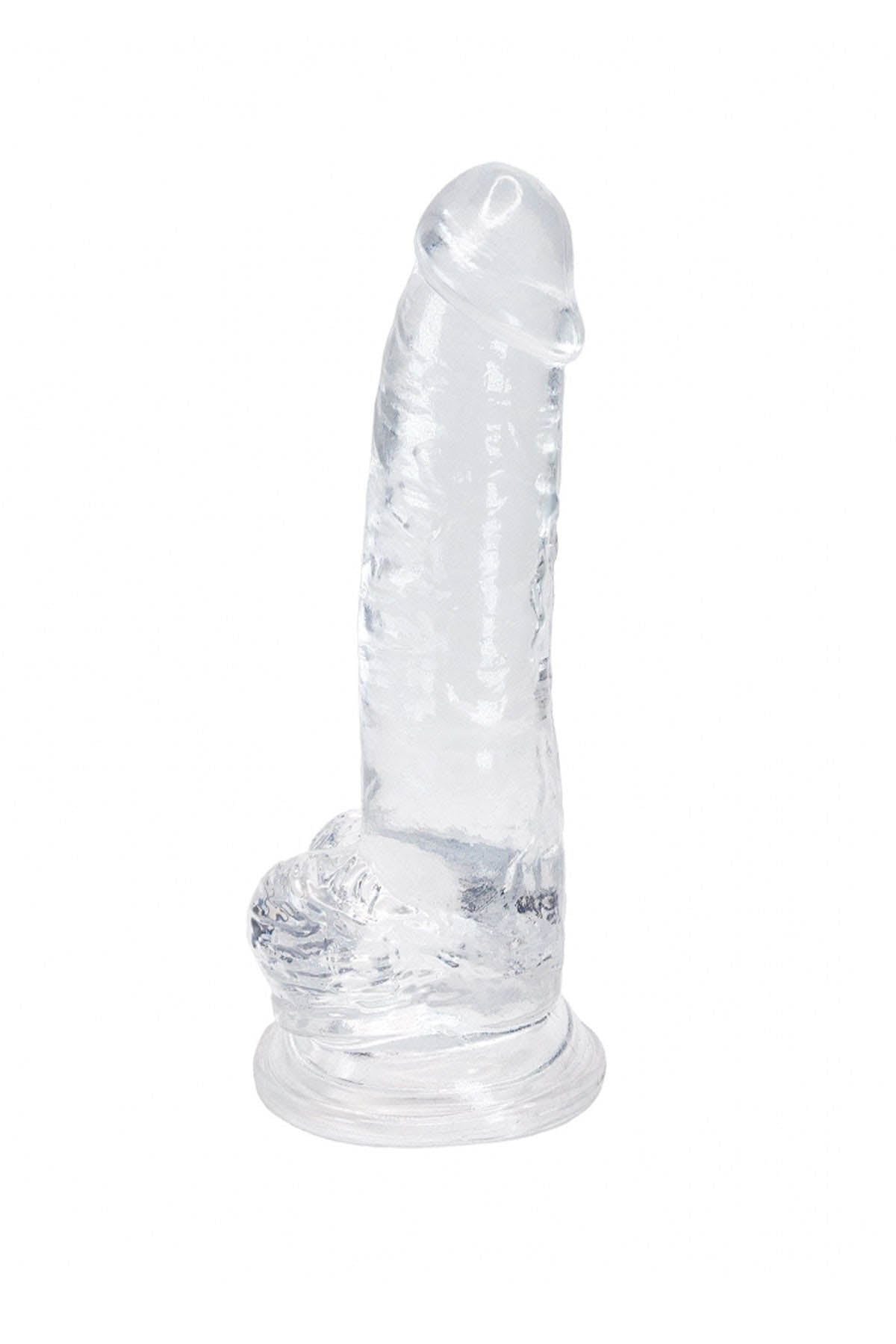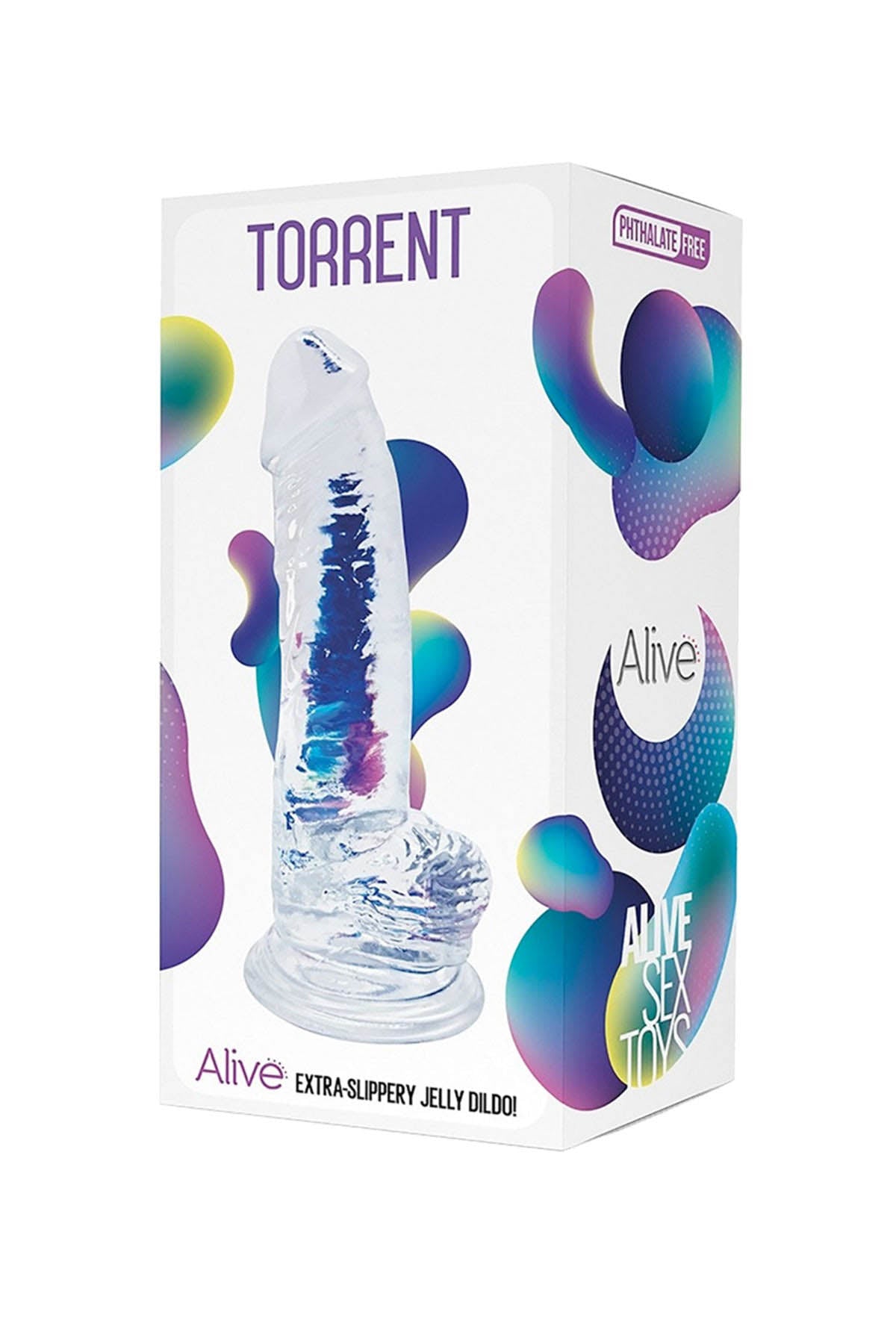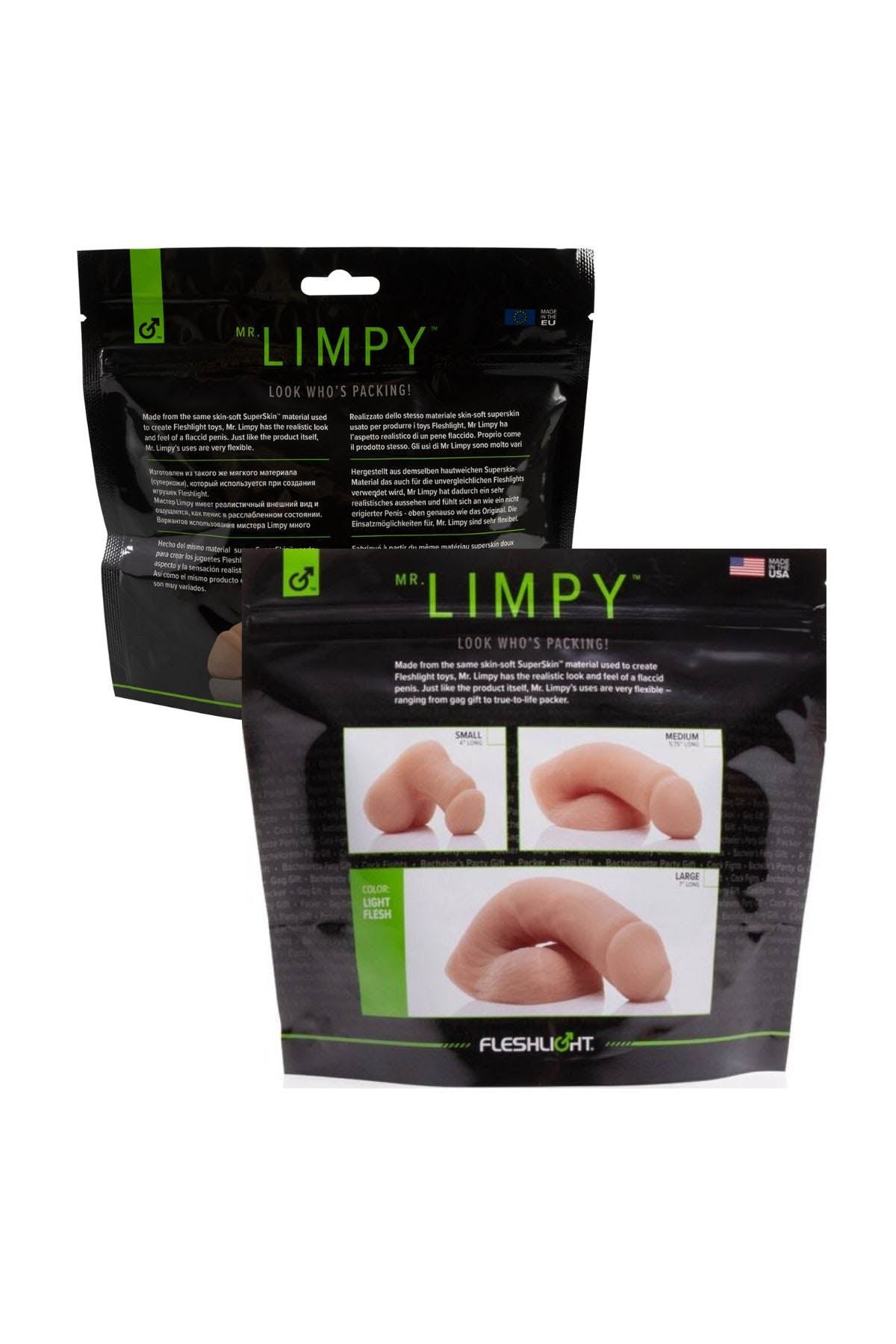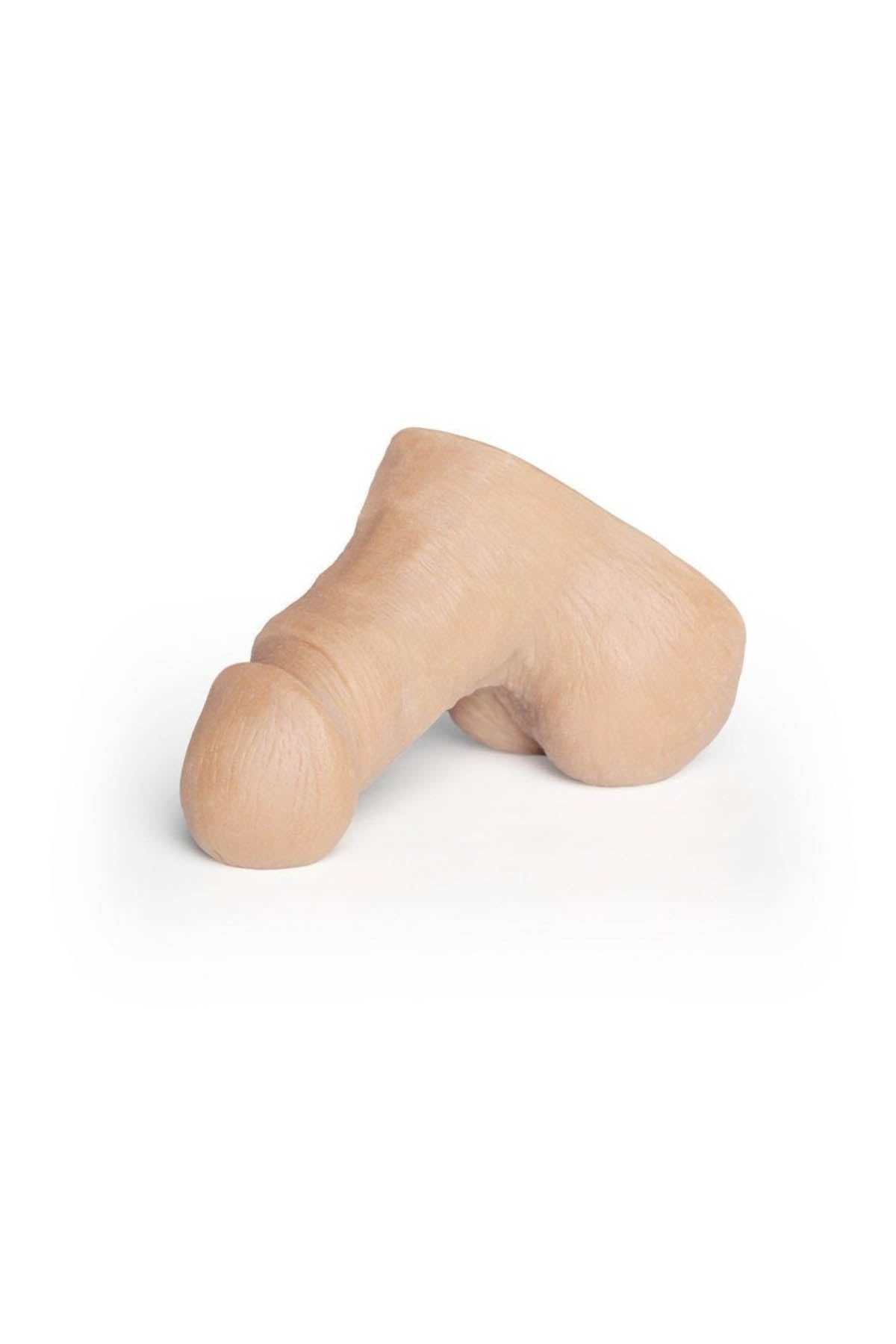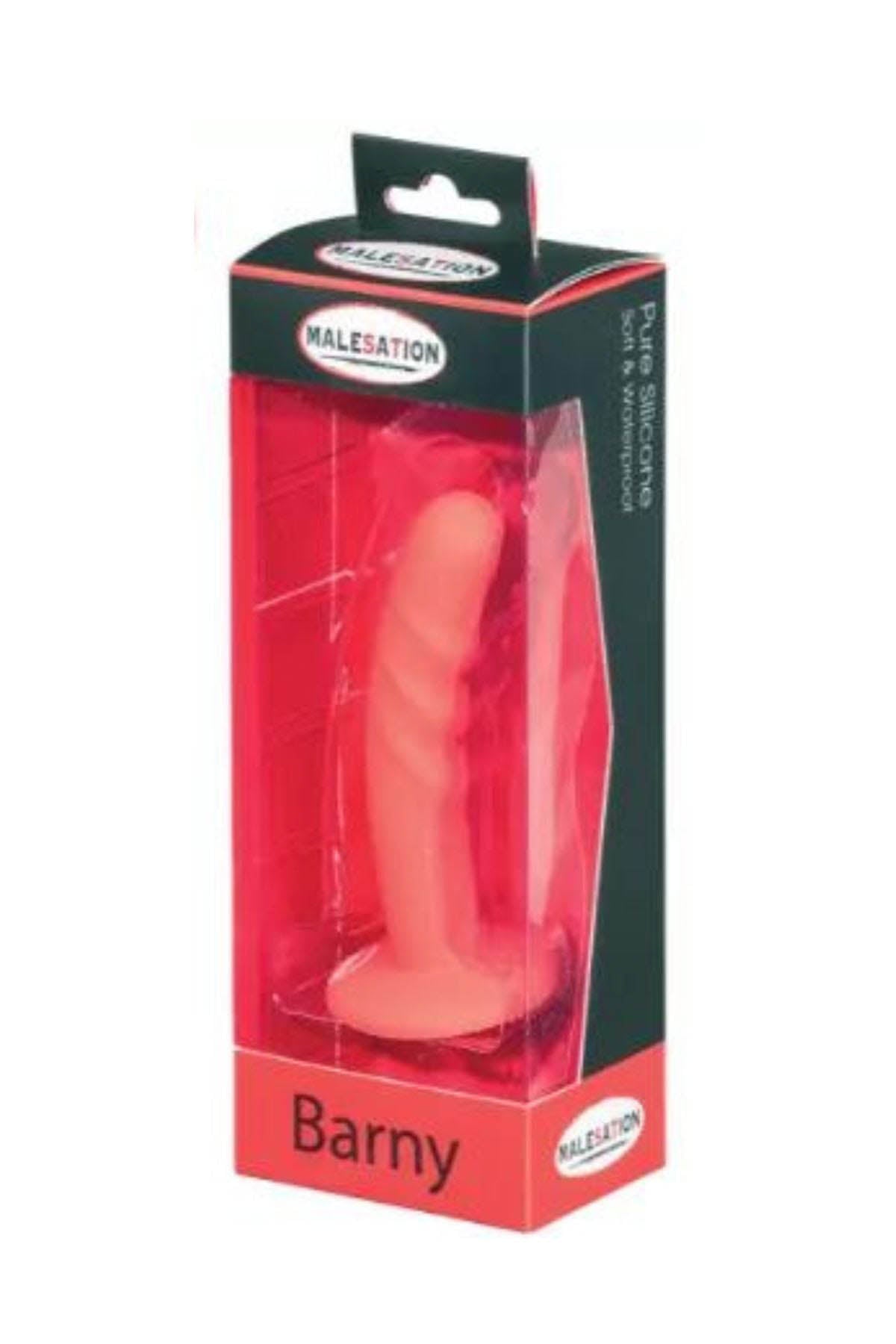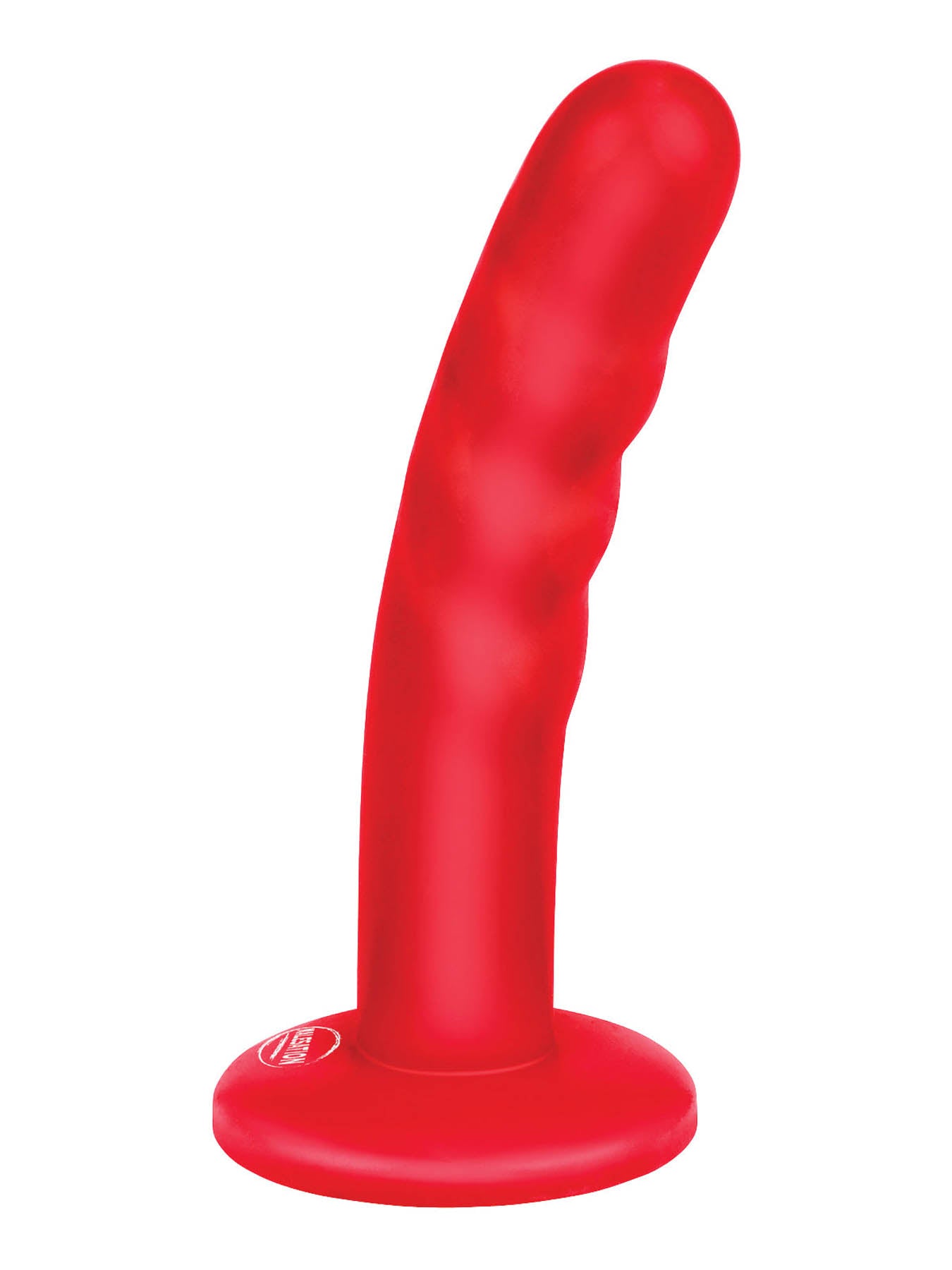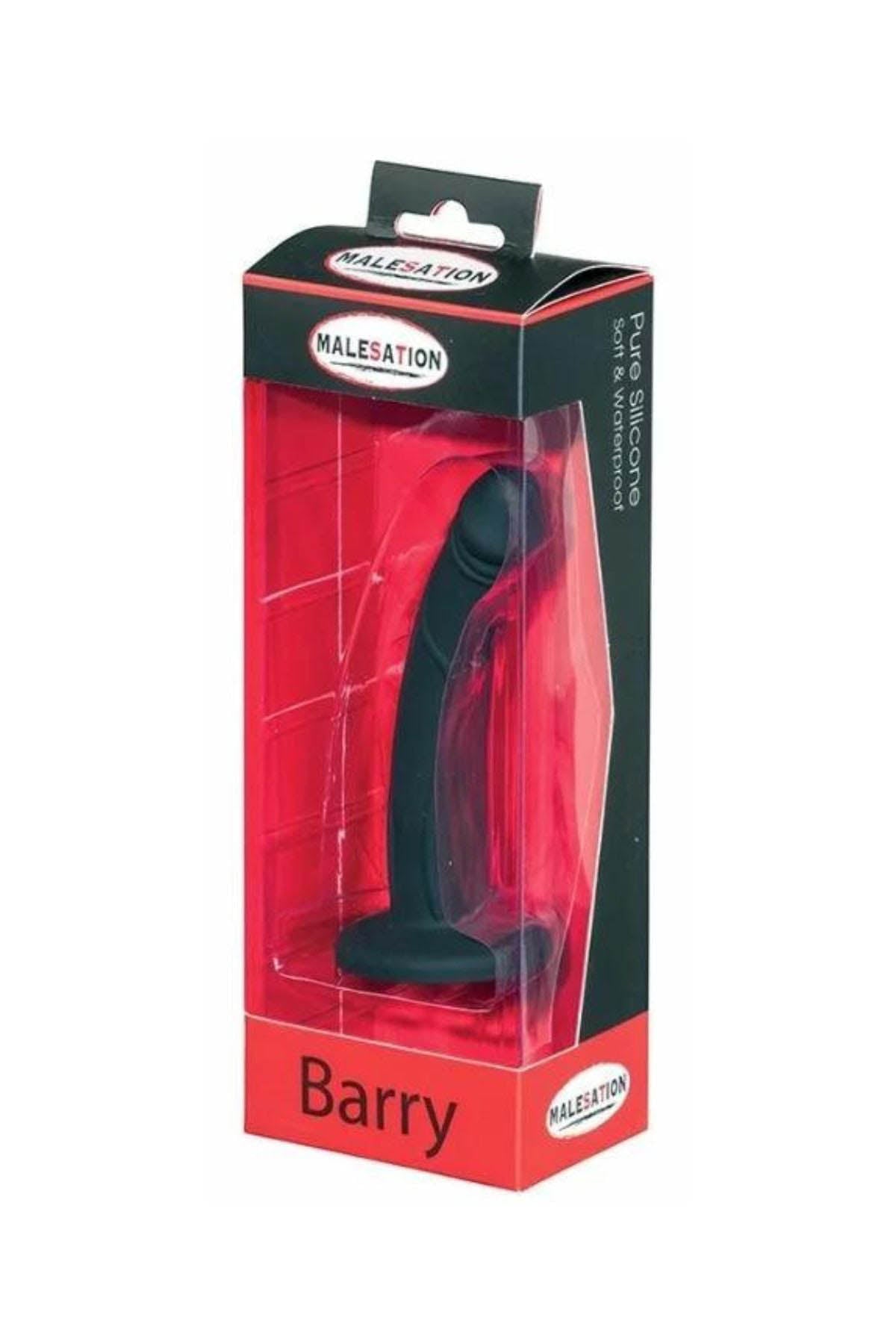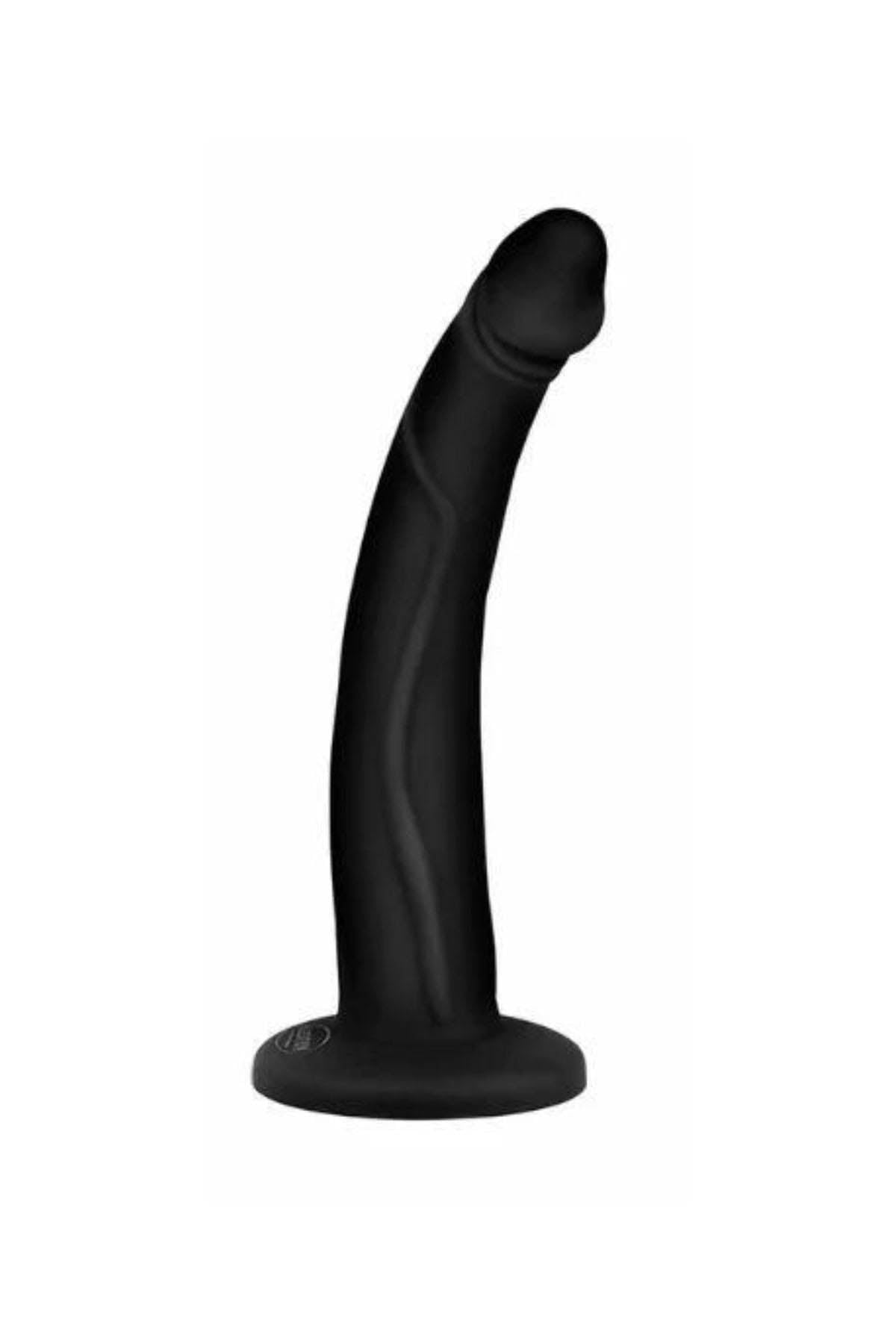Sex is one of the most pleasure-inducing aspects of life. It provides a physical connection with another, a rush of adrenalin, and a release of feel-good hormones. Sex can reduce your blood pressure and risk of heart attack, decrease stress, and improve immunity and sleep.YAY! In addition, a survey found that people who have plenty of sex take fewer sick days off work than those who don't.
However, too often, sex is more pain and stress than it is satisfaction.
A woman said to Lulu Becker(Pelvic Health Specialist, Durban) recently, “I spent most of our honeymoon in tears. We had both waited so long to have sex for the first time, but things just didn’t fit as they were meant to”. Sadly, she is not alone - up to 75% of women struggle with pain during intercourse at some point in their lives.
Why is this? For an act that has been the most basic between humans since time began, many women are surprised to hear that others do not enjoy intercourse as they do, and some even openly admit they dread it.
Let Lulu look at the most common reasons for this:
-
Vaginal dryness. "Our oestrogen levels drop after having a baby, when breastfeeding and around menopause. Its job is to help with blood flow to the vaginal walls to increase lubrication to prepare for sex when our brains are ‘turned on’. Lower oestrogen means less lubrication and, unsurprisingly, more discomfort. Lube is your friend for this, and regardless of whether you feel you are dry or not, I encourage all the ladies I treat who are experiencing discomfort with sex to use lube. I am a big fan of the YES brand, which is organic and exclusive to Matilda’s."
-
Pelvic floor muscle tightness. "In the same way as you can get knots or ‘tightness’ in your neck or back muscles, the muscles around your vagina can tighten up too. There can be numerous causes for these pelvic floor muscles becoming overactive. This general tightness and the more specific painful trigger points can cause pain with penetration, during intercourse, or difficulty with orgasm. A pelvic health physio can help with this by educating you as to why this may be happening, releasing these trigger points with massage internally and teaching you how to connect to your pelvic floor with your breath to relax. Most of the ladies I treat are surprised to realise that they are constantly tensing these muscles without even realising that they are doing so! "
-
You have had a bad experience in the past. "Unsurprisingly, women who have had a past history of sexual trauma to the pelvis or a stressful birth can struggle with painful intercourse afterwards. I encourage women to seek counselling alongside seeing a pelvic health physio as painful past psychological associations can also contribute to an inability to relax the pelvic floor and enjoy sex."
-
Painful perineal scar tissue from a tear or episiotomy after a vaginal delivery. "Scar tissue around the vagina following a vaginal birth can cause discomfort during intercourse. The effect of these on sex can be twofold as the scar tissue can be sensitive to touch, and the scar can also contribute to tightness in the pelvic floor muscles. Your Dr may prescribe you oestrogen cream or a local anaesthetic cream to use to promote healing and help reduce this discomfort, and seeing a women’s health physio is also beneficial for scar tissue massage and pelvic floor muscle release."
-
Your tummy is flat across the top and on the sides, but you have a little pot belly in the front. "Constantly pulling in your tummy to look thinner, or overusing your upper-most tummy muscles when exercising, can make your pelvic floor muscles tighter, which will make sex painful."
-
Underlying Infection. "I encourage all the ladies that I am treating for a new onset of painful sex to have a swab taken by their GP to rule out an underlying infection, as this can also cause pain and discomfort."
- You are stressed. "I frequently tell the women I treat that ‘The vagina holds the score’. A study that recorded the activity in women’s neck and shoulder muscles and pelvic-floor muscles while watching a scary movie; found that as their neck and shoulders tightened as the film became more tense, so did the muscles around their vaginas. Exercise, meditation, and other stress-reduction modalities for the whole body can reduce the tension in your pelvic floor muscles, too."
Establishing and treating the underlying causes of pain during sex requires a holistic overview, and fully relaxing your pelvic floor muscles is essential. The Oh Nut, exclusively available to Matilda’s, can ease the tightness in the deeper pelvic floor because it reduces the depth of penetration.
"The Oh Nut Set puts you in perfect control of penetration, allowing you to safely adjust how deep you play for pain-free intercourse. This set of three nuts comes with an bonus ring – each acting as a soft, squishy buffer that feels just like human skin. With this buffer in place, you can make penetration a little shallower and comfortable – and it can be worn externally at the base of the penetrating partner's tool. Use one or as many as you need – sex will quickly become more rewarding and comfortable.
"The most gratifying thing is that it’s NOT all in your head. Pain with sex is more common than you think and can be relieved! As the woman who cried during her honeymoon said later, “Wow, Lulu, I can’t believe the difference. It’s not even just not sore; it’s AMAZING! I finally get how people can love sex so much!”
Dear Ladies in Pain - you are not alone, and there is a solution for you!
Lulu Becker is a pelvic health specialist, physiotherapist, and yoga teacher based in La Lucia, Durban. She treats women, men and children who are struggling with urinary and faecal incontinence, bed wetting and pain in the pelvis. You can find her online at www.luluphysio.com or on social media. Facebook: @Lulu Physiotherapy and Instagram: @luluphysio
